Today's hotel room design goes far beyond providing basic accommodation. Modern travelers seek immersive experiences that reflect their values, lifestyle preferences, and desire for authentic connections. The hospitality industry has responded with innovative design concepts that blend functionality with emotional resonance. From wellness-focused biophilic environments to technology-integrated smart rooms, contemporary hotel spaces serve as carefully curated sanctuaries that cater to diverse guest needs. These design approaches prioritize sustainability, cultural authenticity, and personalization while addressing the evolving demands of business and leisure travelers. Whether through minimalist serenity, industrial sophistication, or heritage-inspired luxury, each design philosophy creates distinct atmospheres that transform temporary stays into memorable experiences that guests cherish long after checkout.
1. Smart Technology Integration Suites

Have you ever imagined controlling your entire hotel room environment with just your voice? Smart technology suites feature voice-activated assistants, automated lighting systems, and app-controlled temperature management that respond to individual preferences. These rooms include interactive mirrors displaying weather updates, smart beds with sleep tracking capabilities, and wireless charging surfaces integrated into furniture. Digital concierge services provide instant access to hotel amenities, local recommendations, and room service through intuitive touchscreen interfaces. The seamless connectivity extends to entertainment systems offering personalized streaming options and social media integration. Energy-efficient sensors automatically adjust environmental settings based on occupancy, creating an intelligent ecosystem that anticipates guest needs while promoting sustainable practices throughout their stay.
2. Biophilic Wellness Sanctuaries
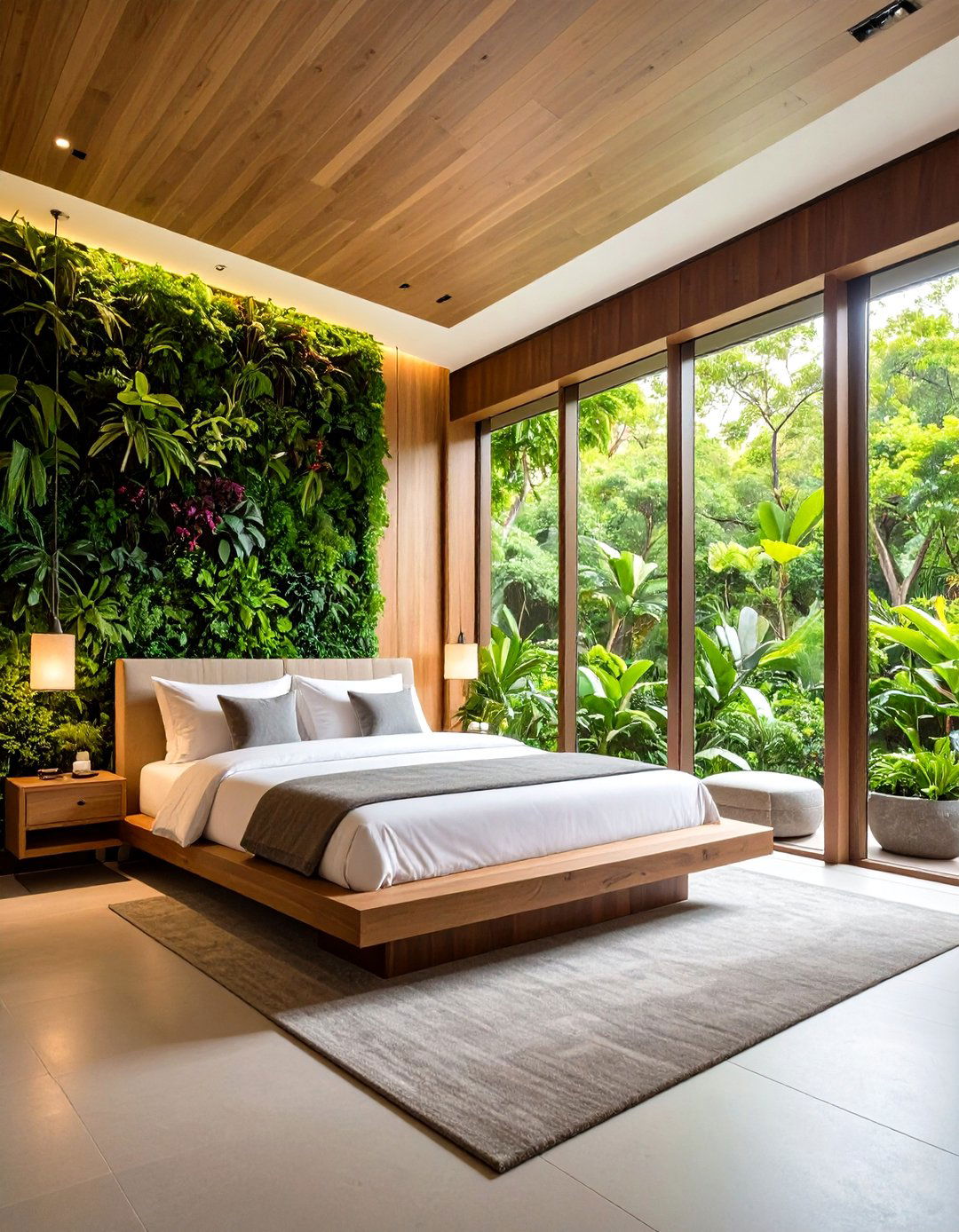
What if your hotel room could actually improve your wellbeing during your stay? Biophilic wellness sanctuaries incorporate living walls, natural wood furnishings, and stone accents that create deep connections with nature. These spaces feature circadian lighting systems that mimic natural daylight patterns, promoting healthy sleep cycles and reducing travel fatigue. Air-purifying plants, water features, and organic textures establish calming environments that lower stress levels and enhance mental clarity. Floor-to-ceiling windows maximize natural light exposure while offering views of gardens or natural landscapes. Sustainable materials like bamboo flooring, hemp textiles, and reclaimed wood furniture reinforce the environmental connection. The design philosophy extends to wellness amenities including yoga mats, meditation cushions, and aromatherapy diffusers that support holistic guest experiences.
3. Minimalist Zen Retreats

Can simplicity truly create the most luxurious experience? Minimalist zen retreats embrace clean lines, neutral color palettes, and uncluttered spaces that promote tranquility and mental clarity. These rooms feature platform beds with hidden storage, floating nightstands, and strategically placed accent lighting that creates serene atmospheres. Natural materials like linen textiles, marble surfaces, and polished concrete floors establish sophisticated foundations without overwhelming visual elements. Multi-functional furniture pieces maximize space efficiency while maintaining elegant aesthetics. Subtle geometric patterns, carefully curated artwork, and single statement pieces add personality without creating chaos. The intentional absence of excessive décor allows guests to focus on relaxation and rejuvenation, making every element purposeful and meaningful within the thoughtfully designed environment.
4. Industrial Urban Lofts
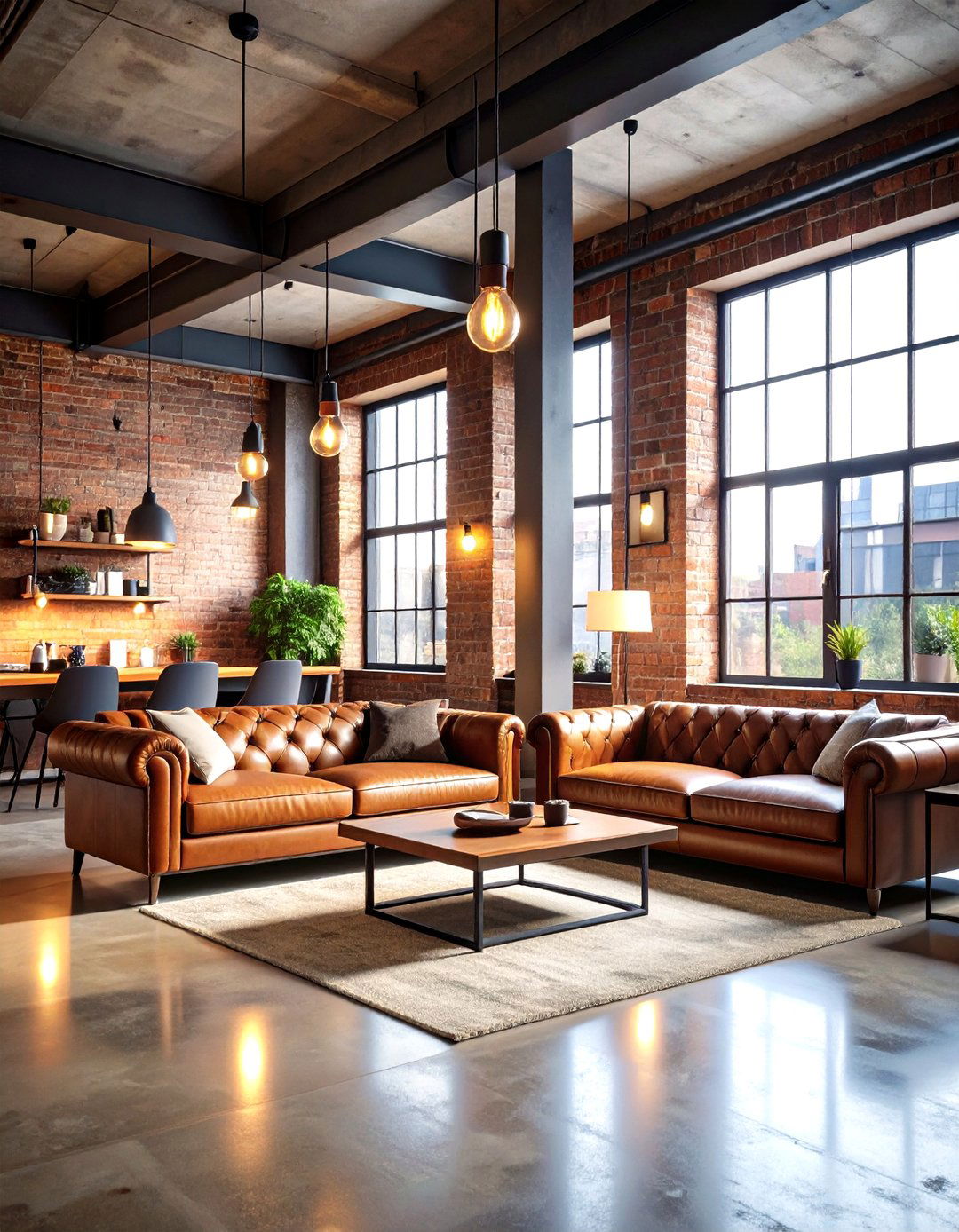
Why do exposed brick walls and metal fixtures create such compelling hotel environments? Industrial urban lofts celebrate raw architectural elements through exposed ductwork, concrete floors, and steel beam structures that showcase authentic building character. These rooms feature reclaimed wood furniture, vintage leather seating, and Edison bulb lighting fixtures that create warm, inviting atmospheres within industrial frameworks. Floor-to-ceiling windows, sliding barn doors, and open-concept layouts emphasize spaciousness and urban connectivity. Copper accents, weathered metal surfaces, and distressed finishes add texture and visual interest while maintaining sophisticated design integrity. The aesthetic appeals to creative professionals and urban explorers seeking authentic city experiences. Modern amenities seamlessly integrate within industrial elements, providing contemporary comfort while preserving the edgy, metropolitan character that defines urban lifestyle.
5. Heritage Preservation Chambers
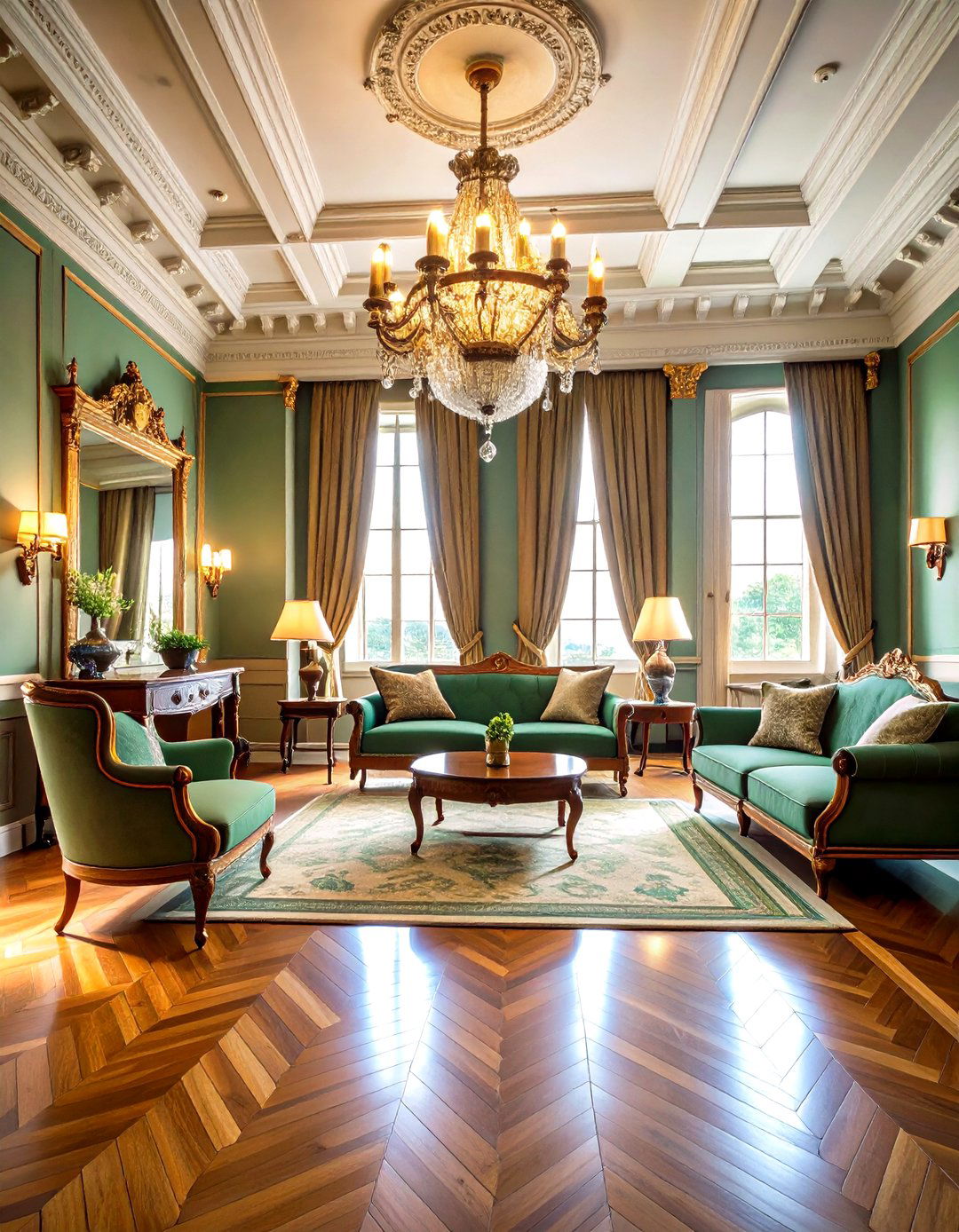
How do historic buildings transform into luxurious modern accommodations while honoring their past? Heritage preservation chambers carefully restore original architectural features like crown molding, hardwood floors, and vintage fixtures while integrating contemporary amenities for modern comfort. These spaces showcase period-appropriate furniture, antique textiles, and traditional craftsmanship that tell stories of bygone eras. Original artwork, vintage photographs, and restored historical elements create immersive environments that transport guests through time. Modern technology discretely integrates within heritage frameworks, providing seamless functionality without compromising historical integrity. Rich fabrics, ornate details, and classical color schemes establish elegant atmospheres that celebrate cultural heritage. The design approach balances preservation with innovation, creating unique experiences that honor architectural legacy while meeting contemporary hospitality standards.
6. Sustainable Eco-Luxury Designs
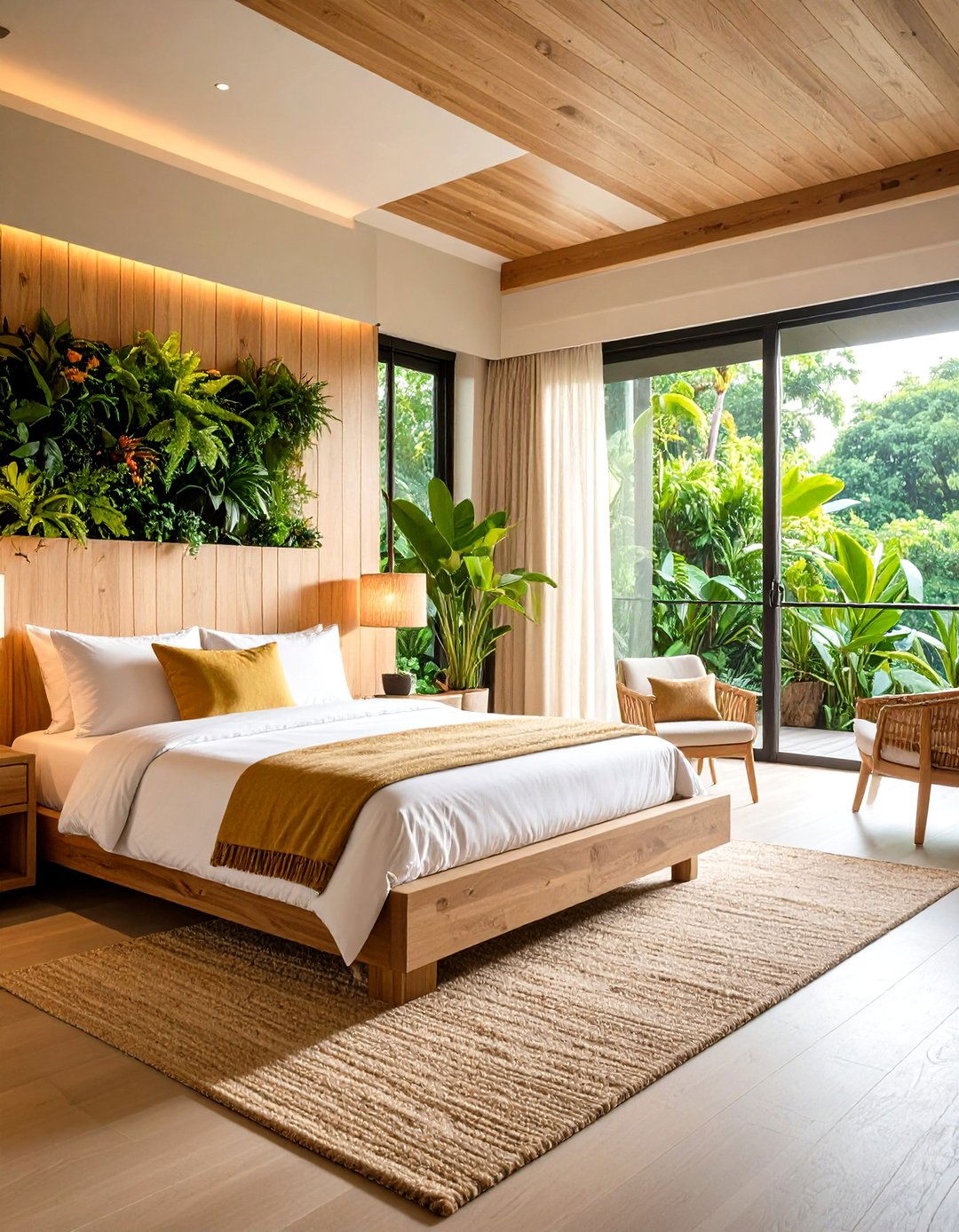
What does true environmental responsibility look like in luxury hospitality? Sustainable eco-luxury designs utilize recycled materials, energy-efficient systems, and locally-sourced furnishings that minimize environmental impact without sacrificing comfort or elegance. These rooms feature solar-powered lighting, water-conservation fixtures, and organic bedding that support environmental stewardship. Reclaimed wood furniture, natural fiber carpets, and non-toxic paints create healthy indoor environments that benefit both guests and the planet. Smart climate control systems optimize energy consumption while maintaining ideal comfort levels throughout stays. Sustainable artwork, living plant installations, and renewable resource materials demonstrate commitment to environmental responsibility. The luxury experience emerges from conscious choices that align with guest values, creating meaningful connections between personal comfort and planetary wellness through thoughtful design decisions.
7. Maximalist Expression Studios
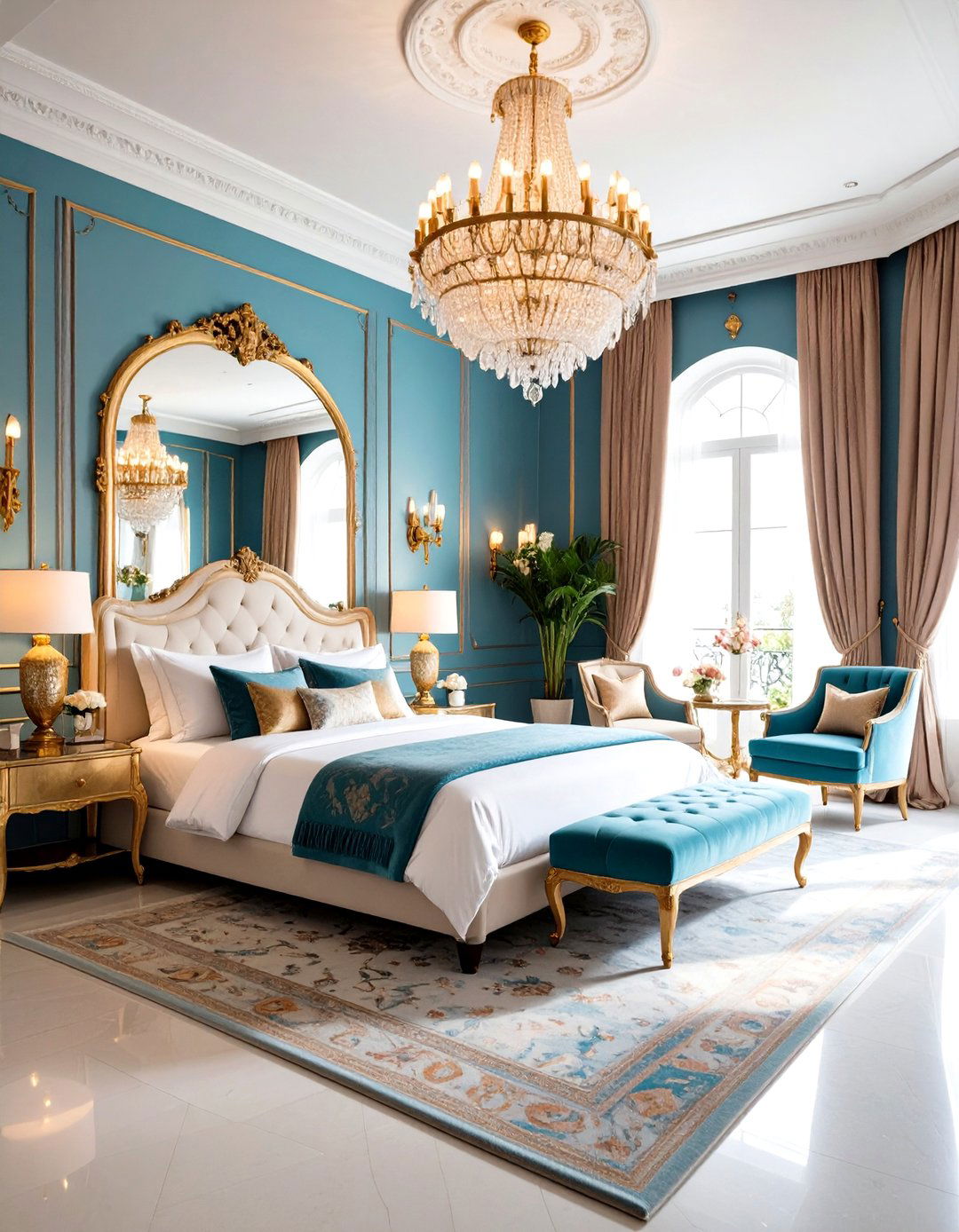
Can bold patterns and vibrant colors actually enhance relaxation instead of overwhelming the senses? Maximalist expression studios embrace rich textures, dramatic wallpapers, and eclectic furniture combinations that create visually stimulating yet harmonious environments. These spaces layer jewel-toned fabrics, ornate mirrors, and diverse artistic elements that reflect cultural diversity and creative expression. Statement lighting fixtures, bold geometric patterns, and unexpected color combinations establish dynamic atmospheres that energize and inspire guests. Velvet upholstery, metallic accents, and intricate tapestries create luxurious tactile experiences throughout the space. The design philosophy celebrates abundance and creativity while maintaining functional layouts that support guest comfort. Each element contributes to a carefully orchestrated visual symphony that transforms accommodation into artistic experiences that stimulate creativity and cultural appreciation.
8. Local Cultural Immersion Suites
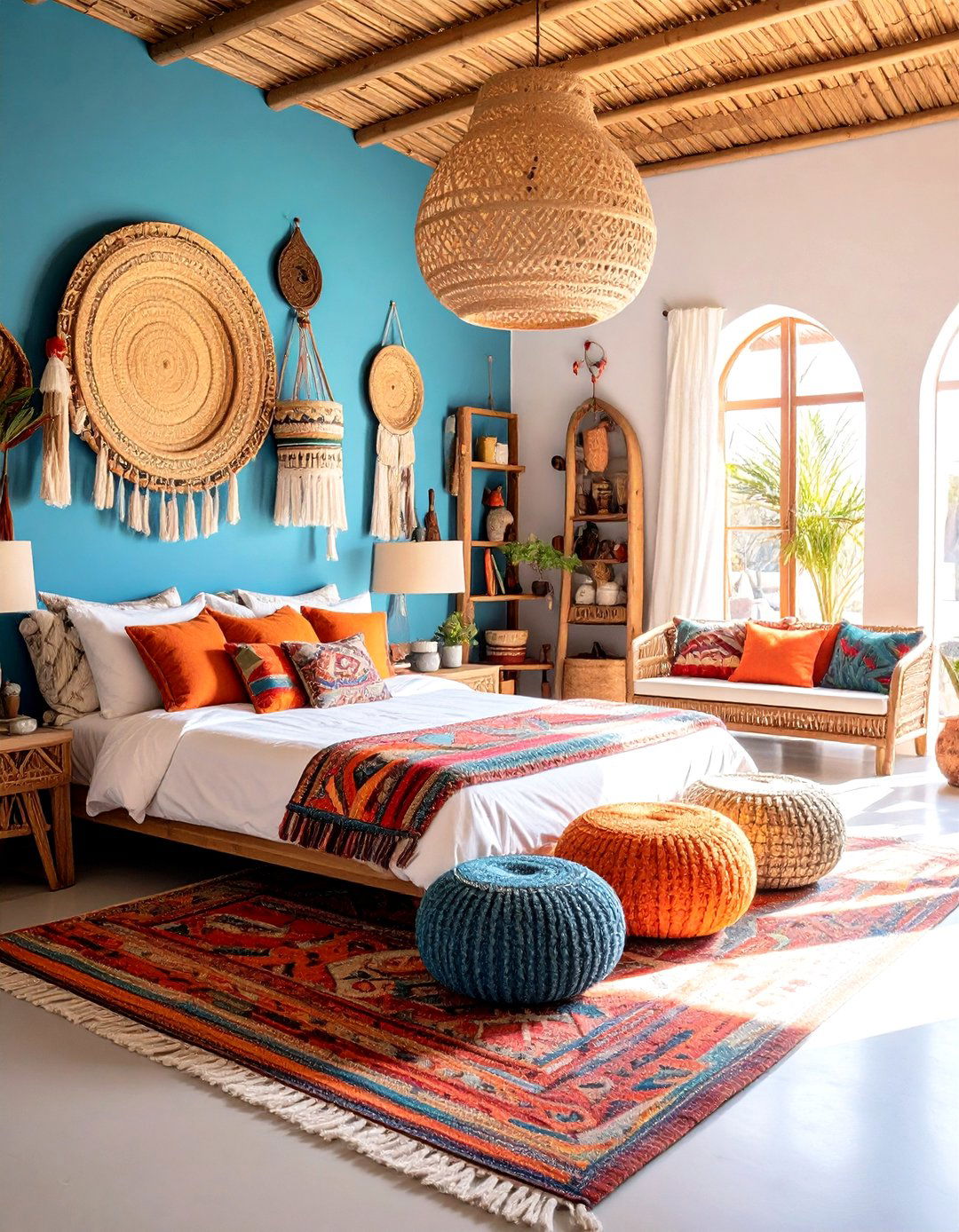
How does authentic local design create deeper connections between travelers and destinations? Local cultural immersion suites incorporate traditional craftsmanship, regional materials, and indigenous art forms that reflect the unique character of specific locations. These rooms feature handwoven textiles, locally-crafted furniture, and traditional architectural elements that celebrate regional heritage and artistic traditions. Native materials like local stone, indigenous woods, and traditional metalwork establish authentic connections to place and culture. Regional color palettes, traditional patterns, and cultural symbols create immersive environments that educate and inspire guests about local history and customs. Artisan-made décor, traditional pottery, and regional artwork support local economies while providing authentic cultural experiences. The design approach transforms accommodation into cultural education, fostering appreciation for diverse traditions and creating memorable connections to destinations.
9. Art Gallery Integration Concepts

What happens when hotel rooms become curated art galleries that guests can inhabit? Art gallery integration concepts transform accommodation spaces into immersive artistic environments featuring rotating exhibitions, gallery-quality lighting, and museum-style display systems. These rooms showcase original paintings, sculptural installations, and multimedia art pieces that create inspiring cultural experiences. Professional lighting systems highlight artistic elements while providing functional illumination for daily activities. Neutral backgrounds, clean lines, and minimalist furniture allow artwork to dominate visual attention without competing elements. Interactive displays, artist information, and QR code access provide educational content that enhances artistic appreciation. The design creates living galleries where guests can intimately experience art while enjoying comfortable accommodation. This approach appeals to culturally-minded travelers seeking meaningful artistic engagement during their stays.
10. Executive Business Command Centers
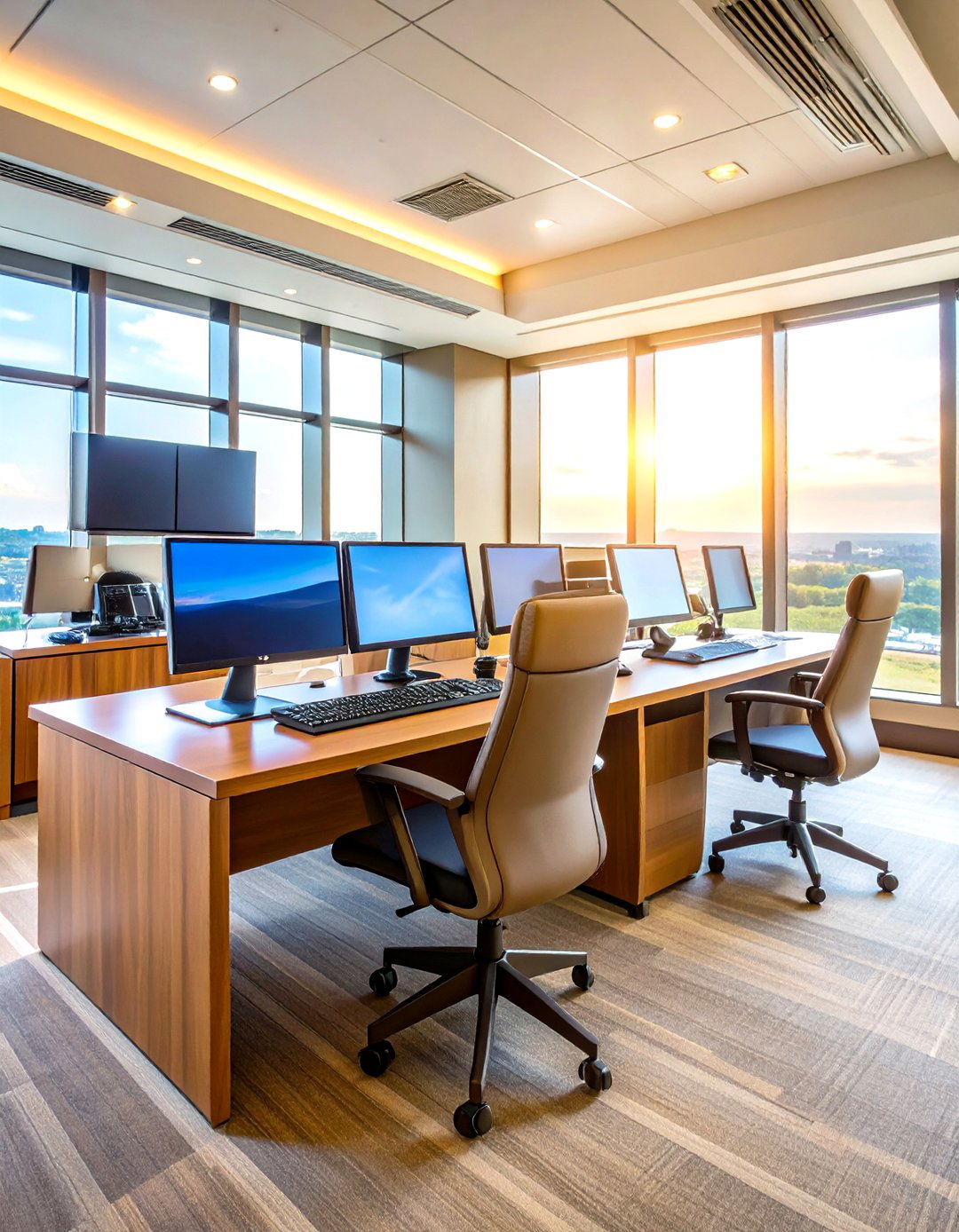
Do modern business travelers need hotel rooms that function as complete corporate offices? Executive business command centers feature dedicated workstations, multiple monitor setups, and high-speed connectivity that support professional productivity during travel. These spaces include ergonomic seating, adjustable lighting systems, and noise-cancellation technology that create optimal working environments. Video conferencing capabilities, wireless presentation systems, and private phone booths enable seamless remote collaboration. Storage solutions, filing systems, and organizational tools help business travelers maintain efficiency while away from traditional offices. Separate relaxation areas with comfortable seating and entertainment systems provide necessary work-life balance within the same space. The design recognizes that modern business travel often requires extended working capabilities, creating environments that support both professional success and personal comfort throughout demanding travel schedules.
11. Sleep Optimization Laboratories

Have you ever wondered what perfect sleep actually feels like in an optimized environment? Sleep optimization laboratories feature temperature-controlled mattresses, blackout systems, and white noise technology that create ideal sleeping conditions for enhanced rest and recovery. These rooms include air purification systems, humidity controls, and circadian lighting that support natural sleep cycles and reduce travel fatigue. Smart pillows with sleep tracking, aromatherapy diffusers, and meditation apps provide comprehensive sleep wellness support. Noise-cancelling windows, vibration isolation, and acoustic treatments eliminate external disturbances that commonly disrupt hotel sleep. Premium bedding, adjustable firmness options, and personalized comfort settings cater to individual sleep preferences. The scientific approach to sleep optimization helps guests achieve restorative rest that enhances overall travel experiences and supports health and wellness goals.
12. Multi-Generational Family Hubs

How can hotel design accommodate diverse family needs while maintaining style and functionality? Multi-generational family hubs feature flexible layouts, age-appropriate zones, and safety features that cater to guests ranging from toddlers to grandparents. These spaces include bunk bed configurations, play areas, and child-proofed elements alongside sophisticated adult spaces and accessibility features for senior family members. Kitchenette facilities, dining areas, and storage solutions support extended family stays and meal preparation needs. Entertainment systems, gaming areas, and quiet reading nooks provide activities for different age groups and interests. The design balances fun, colorful elements with elegant sophistication, creating environments that appeal to all family members. Thoughtful space planning ensures privacy options while maintaining family connectivity, supporting memorable multi-generational travel experiences that strengthen family bonds.
13. Vintage Glamour Revivals

What makes certain design eras so timelessly appealing that they continue inspiring modern hospitality? Vintage glamour revivals celebrate iconic periods through Art Deco patterns, mid-century modern furniture, and retro color schemes that evoke sophisticated nostalgia. These rooms feature velvet upholstery, brass fixtures, and geometric wallpapers that capture the elegance of glamorous travel eras. Vintage lighting, antique mirrors, and period-appropriate accessories create authentic atmospheric experiences that transport guests to golden ages of hospitality. Rich jewel tones, luxurious fabrics, and ornate details establish romantic, sophisticated environments that appeal to guests seeking escapism and elegance. The design approach balances historical accuracy with modern comfort, ensuring vintage aesthetics don't compromise contemporary functionality. These rooms appeal to travelers who appreciate classic elegance and want to experience the romance of bygone travel eras.
14. Coastal Serenity Escapes
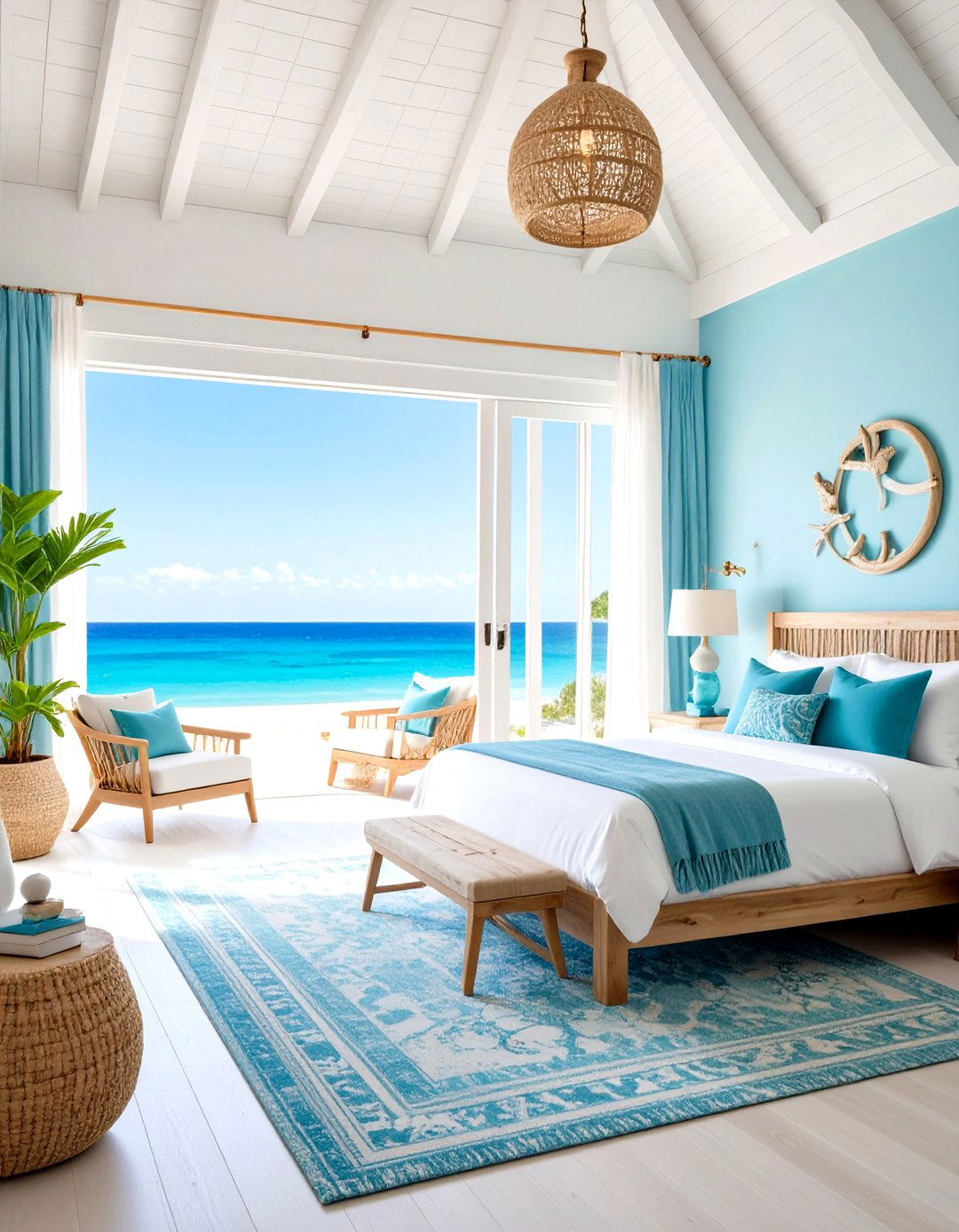
Can ocean-inspired design create calming environments even in landlocked locations? Coastal serenity escapes utilize soft blues, natural textures, and maritime elements that evoke beachside tranquility and coastal living aesthetics. These rooms feature driftwood furniture, sea glass accents, and nautical décor that create relaxing ocean-inspired atmospheres. Light, airy fabrics, whitewashed surfaces, and natural lighting establish bright, cheerful environments that promote relaxation and vacation mindsets. Shell collections, coral displays, and beach photography reinforce coastal themes while avoiding kitschy overstatement. The color palette includes sandy beiges, ocean blues, and seafoam greens that create soothing, harmonious environments. Sound systems featuring ocean waves, seagull calls, and coastal ambiance complete the immersive experience. This design philosophy appeals to travelers seeking relaxation and escape from urban stress through ocean-inspired tranquility.
15. Urban Rooftop Garden Retreats
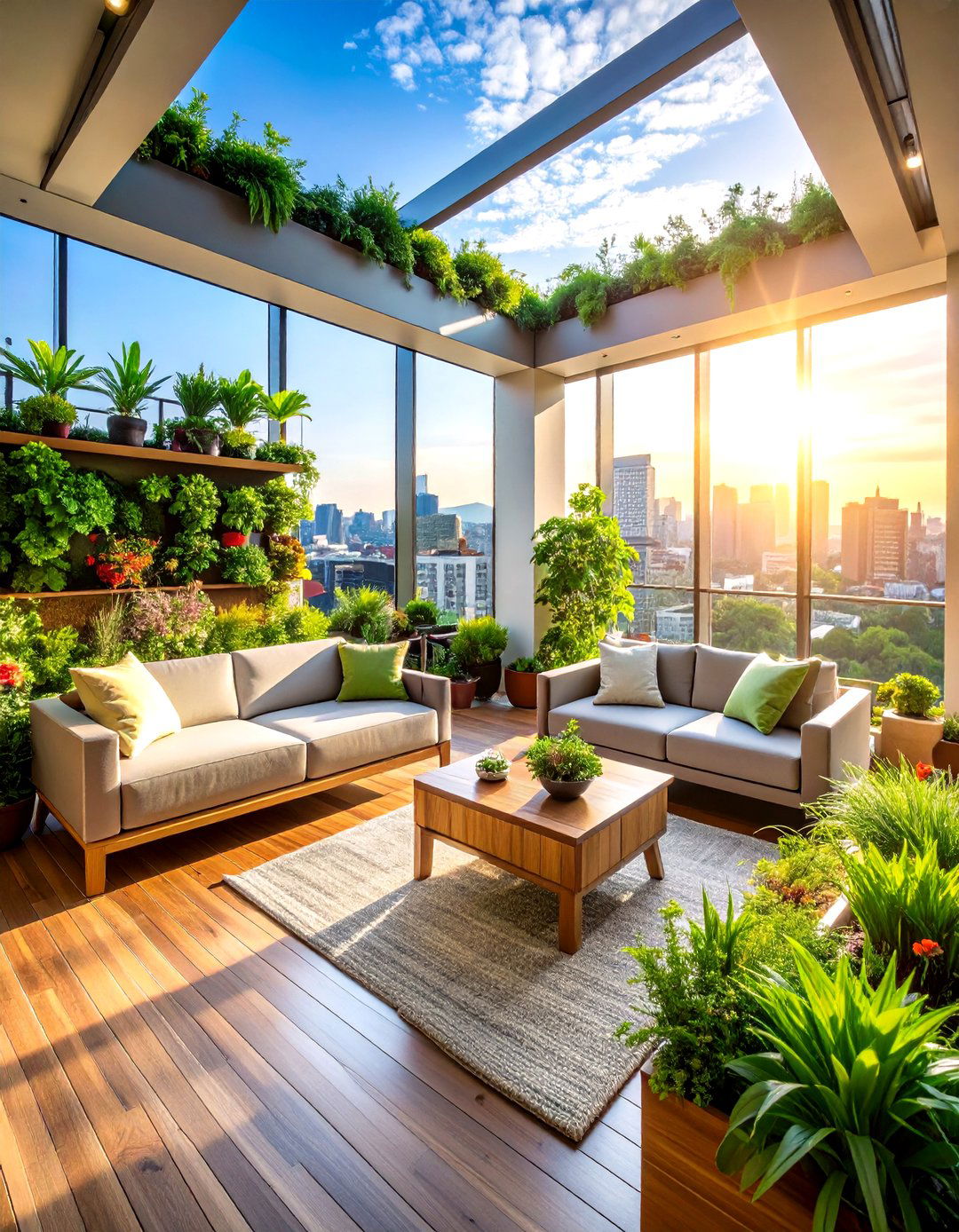
How do elevated garden spaces transform urban hotel experiences? Urban rooftop garden retreats feature living walls, outdoor terraces, and greenhouse elements that bring nature into metropolitan environments. These rooms include herb gardens, vertical planters, and garden-to-table dining experiences that connect guests with food production and natural cycles. Panoramic city views, outdoor furniture, and weather-resistant materials create seamless indoor-outdoor living experiences. The design incorporates sustainable growing systems, composting facilities, and rainwater collection that demonstrate environmental stewardship while providing educational opportunities. Fresh air circulation, natural fragrance, and seasonal plant rotations create dynamic environments that change throughout the year. Garden lighting, pathway systems, and comfortable seating areas extend usability into evening hours. This approach appeals to urban travelers seeking nature connection and sustainable experiences within city environments.
16. Theatrical Performance Spaces

What if your hotel room could transform into a private theater or performance venue? Theatrical performance spaces feature adjustable lighting systems, acoustic design, and flexible layouts that support various entertainment and cultural activities. These rooms include projection systems, stage areas, and professional sound equipment that enable guests to create their own entertainment experiences. Dramatic lighting, rich fabrics, and elegant décor establish sophisticated atmospheres worthy of theatrical productions. Costume storage, makeup stations, and rehearsal mirrors cater to performing artists and creative professionals. The design balances functionality with aesthetic appeal, creating inspiring environments that support artistic expression and cultural engagement. Sound isolation, privacy features, and technical infrastructure ensure performances don't disturb other guests while providing professional-quality venues. This concept appeals to creative travelers, performing artists, and guests seeking unique entertainment experiences during their stays.
17. Wellness Spa Integration Suites

Can hotel rooms provide comprehensive spa experiences without leaving the accommodation space? Wellness spa integration suites feature massage tables, hydrotherapy tubs, and meditation spaces that create complete wellness destinations within private room environments. These spaces include infrared saunas, aromatherapy systems, and relaxation lounges that support comprehensive health and wellness programs. Professional treatment equipment, organic product dispensers, and sanitization systems enable spa services within room settings. Heated floors, soft lighting, and natural materials create serene environments that promote relaxation and healing. Essential oil diffusion, sound therapy, and temperature control support various wellness modalities and treatment options. The design ensures privacy, comfort, and professional standards while providing intimate spa experiences. This approach appeals to wellness-focused travelers seeking comprehensive relaxation and health support without scheduling conflicts or public spa exposure during their stays.
18. Adventure Base Camp Designs

How do hotel rooms support active travelers and outdoor enthusiasts? Adventure base camp designs feature gear storage, equipment cleaning stations, and preparation areas that cater to outdoor activities and adventure sports. These rooms include drying systems, repair stations, and organizational solutions for camping, hiking, and sporting equipment. Weather-resistant materials, durable finishes, and easy-clean surfaces support active lifestyles and equipment maintenance needs. The design incorporates maps, local activity information, and weather monitoring systems that help guests plan outdoor adventures. Flexible furniture, modular storage, and multi-purpose areas adapt to various activity requirements and equipment types. Mudroom entries, boot cleaning stations, and gear sanitization facilities maintain cleanliness while supporting outdoor pursuits. This concept appeals to active travelers, outdoor enthusiasts, and adventure tourists seeking accommodation that understands and supports their lifestyle and activity preferences during destination-based adventures.
19. Social Media Studio Setups
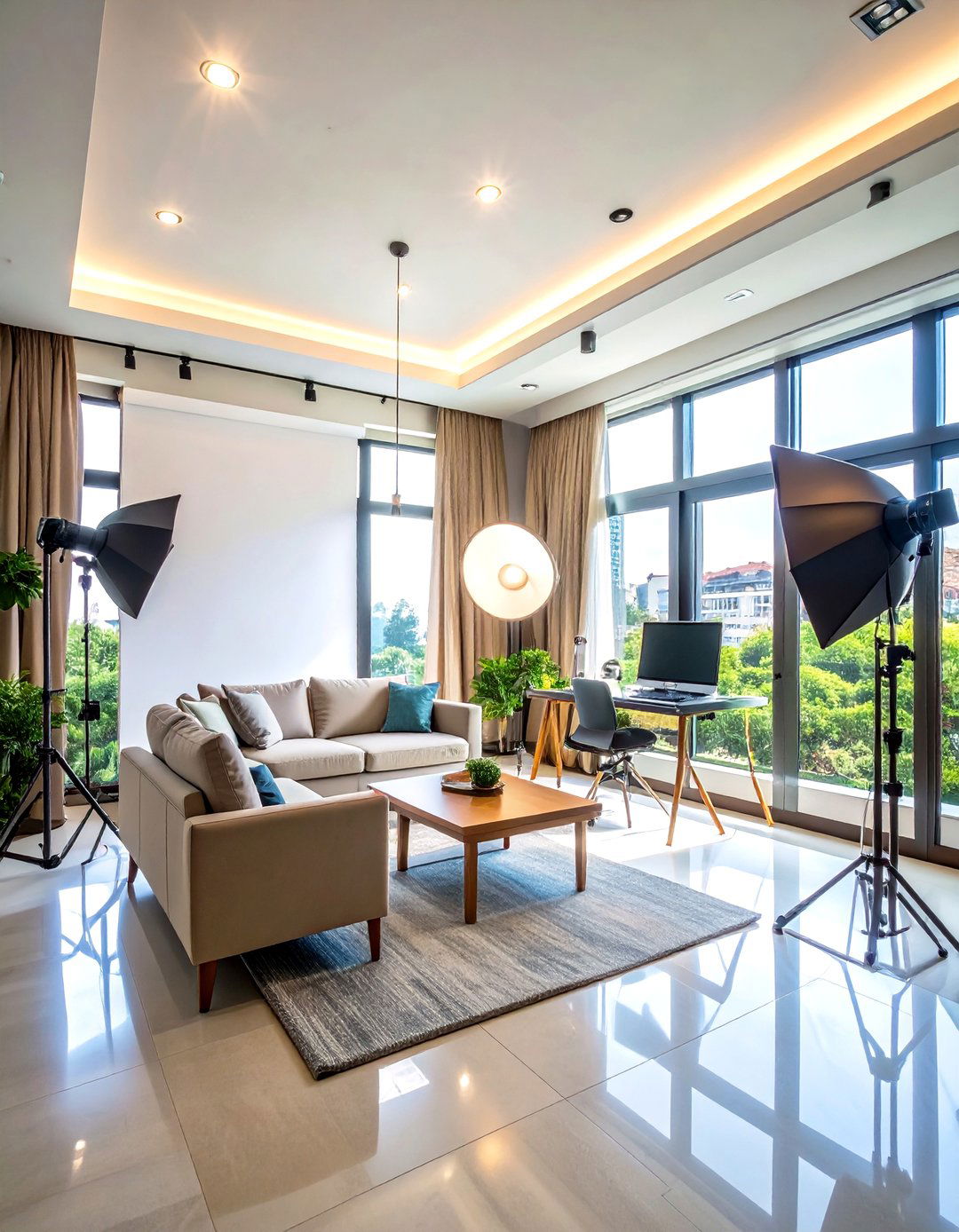
Do modern travelers need hotel rooms optimized for content creation and social media engagement? Social media studio setups feature professional lighting, backdrop systems, and streaming equipment that support content creation and digital engagement activities. These rooms include ring lights, camera mounts, and editing stations that enable high-quality content production. Multiple charging stations, high-speed internet, and cloud storage access support digital workflows and content sharing requirements. The design incorporates photogenic backgrounds, adjustable furniture, and versatile props that enhance visual content creation. Sound dampening, privacy features, and technical support ensure professional-quality production capabilities. Wardrobe storage, makeup stations, and styling areas support appearance management for video content. This approach appeals to influencers, content creators, and business travelers who need to maintain social media presence and create professional content while traveling for business or leisure purposes.
20. Historical Time Period Immersions
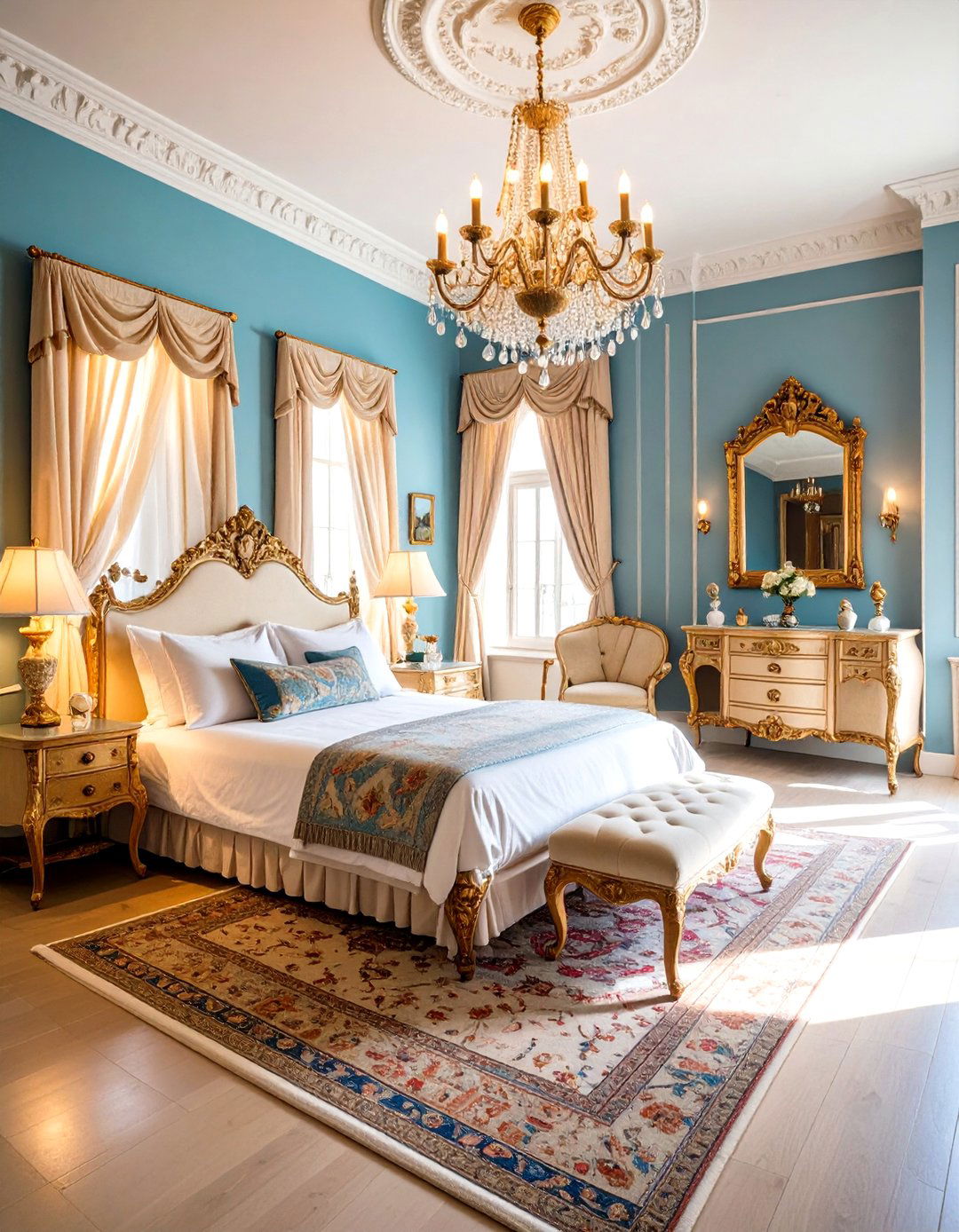
What would it feel like to actually live in different historical eras? Historical time period immersions recreate specific time periods through authentic furnishings, period lighting, and era-appropriate décor that transport guests to different historical moments. These rooms feature antique furniture, traditional textiles, and historical artifacts that create immersive educational experiences. Period-appropriate entertainment, historical literature, and educational materials provide cultural context and learning opportunities. The design maintains historical accuracy while discretely integrating modern safety and comfort features. Traditional craftsmanship, authentic materials, and period color schemes establish believable historical environments. Interactive elements, historical information, and period activities enhance the educational value of the experience. This concept appeals to history enthusiasts, educational travelers, and guests seeking unique cultural experiences that provide deep connections to historical periods and cultural heritage through immersive accommodation experiences.
21. Micro-Luxury Compact Innovations
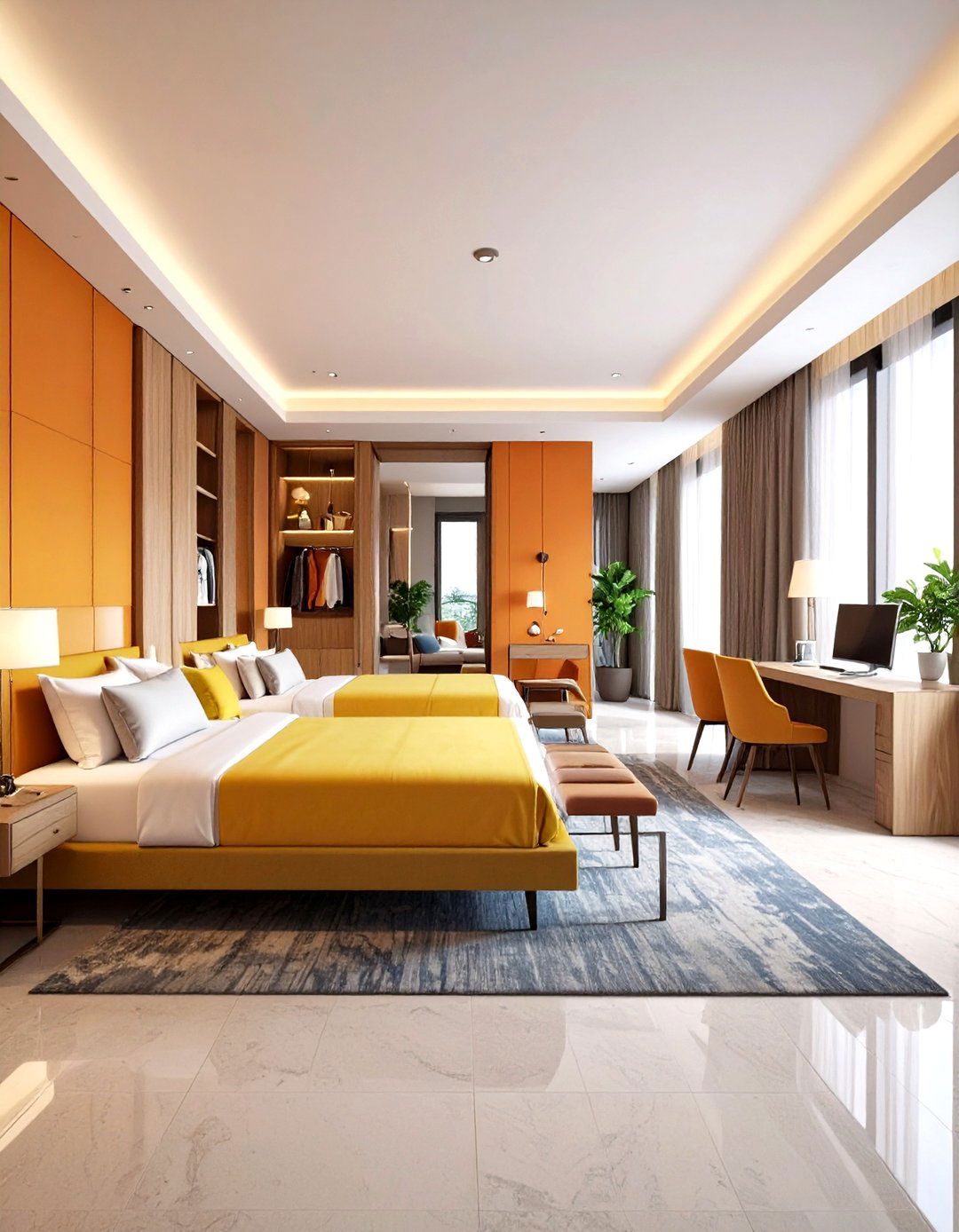
How can extremely small spaces deliver luxury experiences through innovative design? Micro-luxury compact innovations maximize every square inch through multi-functional furniture, hidden storage, and space-saving solutions that create surprisingly spacious feelings in minimal areas. These rooms feature Murphy beds, fold-down desks, and transforming furniture that adapt spaces for different functions throughout the day. Vertical storage, ceiling-mounted features, and wall-integrated systems utilize all available space efficiently. High-end materials, premium finishes, and luxury amenities prove that space limitations don't compromise quality or comfort. Strategic lighting, mirror placement, and visual tricks create illusions of larger spaces while maintaining intimate, cozy atmospheres. The design philosophy demonstrates that luxury emerges from thoughtful planning and quality materials rather than sheer space, appealing to travelers who value efficiency, innovation, and unique experiences over traditional room sizes.
22. Sensory Experience Chambers
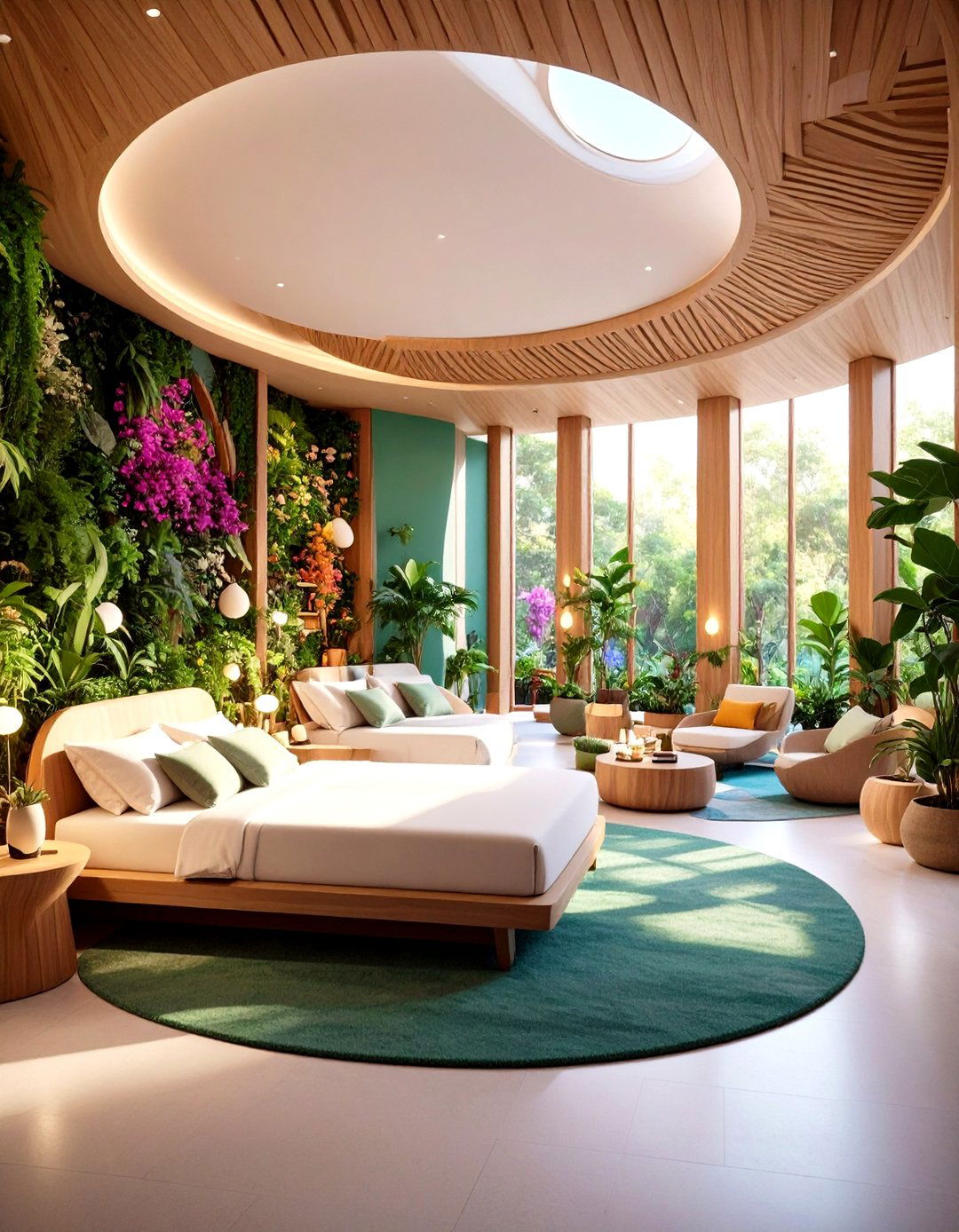
Can hotel rooms engage all five senses to create unforgettable immersive experiences? Sensory experience chambers feature scent diffusion systems, textural surfaces, and acoustic environments that stimulate multiple senses simultaneously for enhanced memory formation and emotional connection. These rooms include taste stations, aromatherapy programs, and tactile materials that create multi-sensory journeys. Temperature variations, humidity controls, and air movement systems add atmospheric dimensions to the sensory experience. Interactive elements, sensory gardens, and experiential activities engage guests actively in sensory exploration. Customizable sensory programs adapt to individual preferences and therapeutic needs, supporting both relaxation and stimulation goals. Sound landscapes, visual projections, and scent libraries create dynamic environments that change throughout stays. This innovative approach appeals to guests seeking unique experiences, therapeutic benefits, and memorable sensory engagement that goes beyond traditional accommodation to create transformative personal experiences.
23. Flexible Co-Living Arrangements

How do modern hotel designs accommodate changing social needs and collaborative lifestyles? Flexible co-living arrangements feature modular furniture, shared spaces, and privacy options that adapt to various social configurations and group dynamics. These rooms include moveable partitions, flexible seating arrangements, and shared amenities that support both social interaction and private retreat. Community kitchens, collaborative workspaces, and social lounges encourage interaction while maintaining individual space options. The design supports solo travelers seeking social connection, friend groups needing flexible arrangements, and digital nomads requiring community and workspace access. Shared technology, group entertainment systems, and collaborative tools facilitate social engagement and community building. Privacy controls, noise management, and personal storage ensure individual comfort within shared environments. This concept appeals to younger travelers, remote workers, and socially-minded guests seeking community connection and flexible accommodation options that support modern lifestyle preferences.
24. Luxury Outdoor Integration Suites
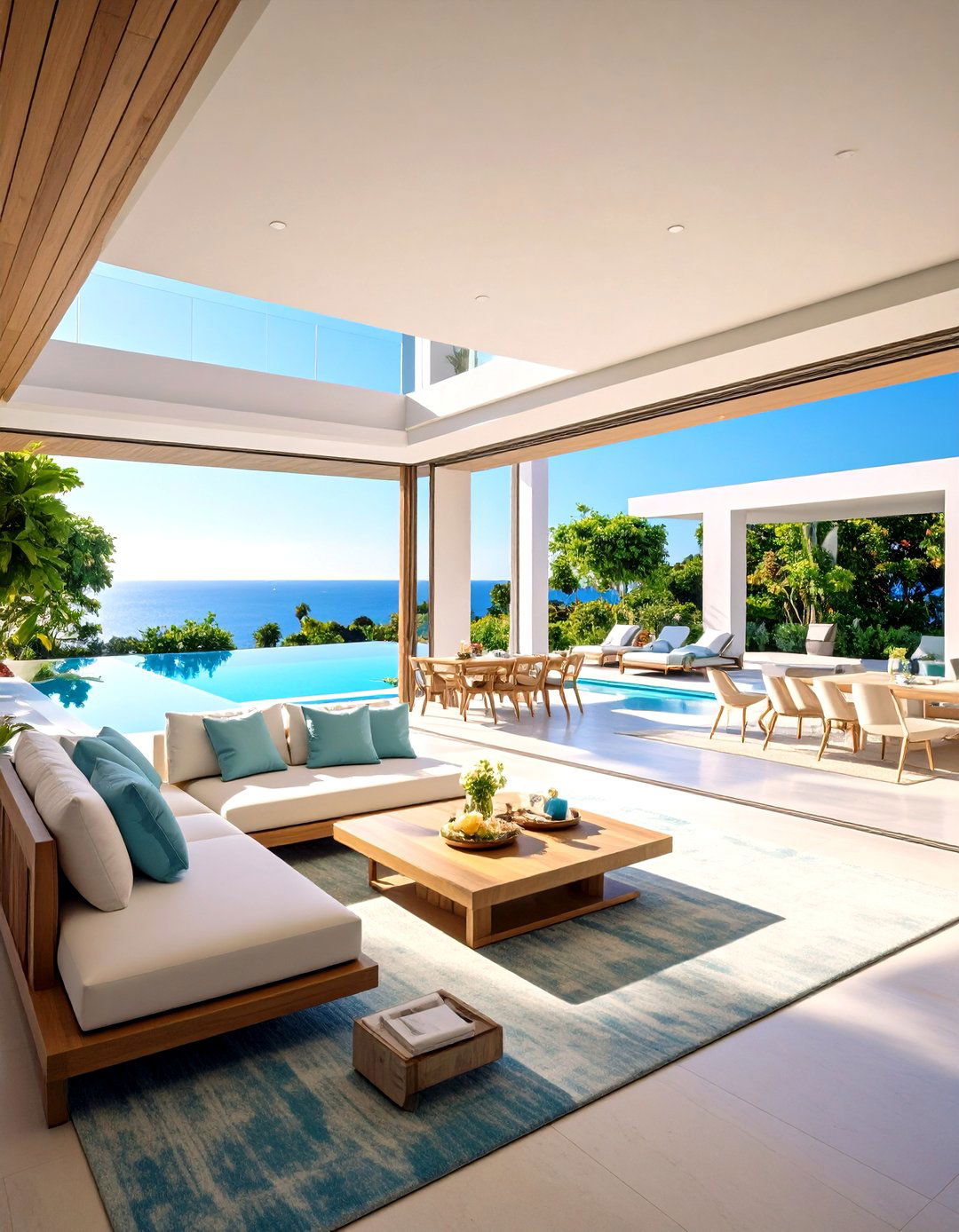
What happens when hotel rooms completely blur the boundaries between indoor and outdoor living? Luxury outdoor integration suites feature retractable walls, outdoor terraces, and seamless transitions that create expanded living spaces extending into natural environments. These rooms include outdoor bathing areas, al fresco dining spaces, and garden integration that maximize natural connection and fresh air exposure. Weather protection systems, outdoor heating, and climate control ensure year-round usability regardless of seasonal conditions. Natural materials, outdoor-rated furniture, and weather-resistant finishes support durability while maintaining luxury standards. The design incorporates private gardens, water features, and natural landscaping that create personal outdoor sanctuaries. Stargazing areas, outdoor entertainment systems, and nature viewing platforms enhance the outdoor experience. This concept appeals to travelers seeking maximum nature connection, outdoor living experiences, and luxury accommodations that celebrate natural beauty and environmental integration.
Conclusion:
The evolution of hotel room design reflects our changing relationship with travel, technology, and personal wellbeing. These 24 design concepts demonstrate how modern hospitality transcends basic accommodation to create transformative experiences that resonate with diverse traveler preferences and lifestyle needs. From smart technology integration to biophilic wellness sanctuaries, each approach addresses specific guest desires while contributing to the broader hospitality landscape's innovation and growth. Successful hotel room design now requires understanding that guests seek authentic connections, whether to nature, culture, technology, or community. The future of hospitality lies in creating spaces that adapt to individual needs while maintaining distinctive character and environmental responsibility. These design philosophies prove that exceptional accommodation emerges from thoughtful planning, cultural sensitivity, and genuine commitment to guest experience enhancement.


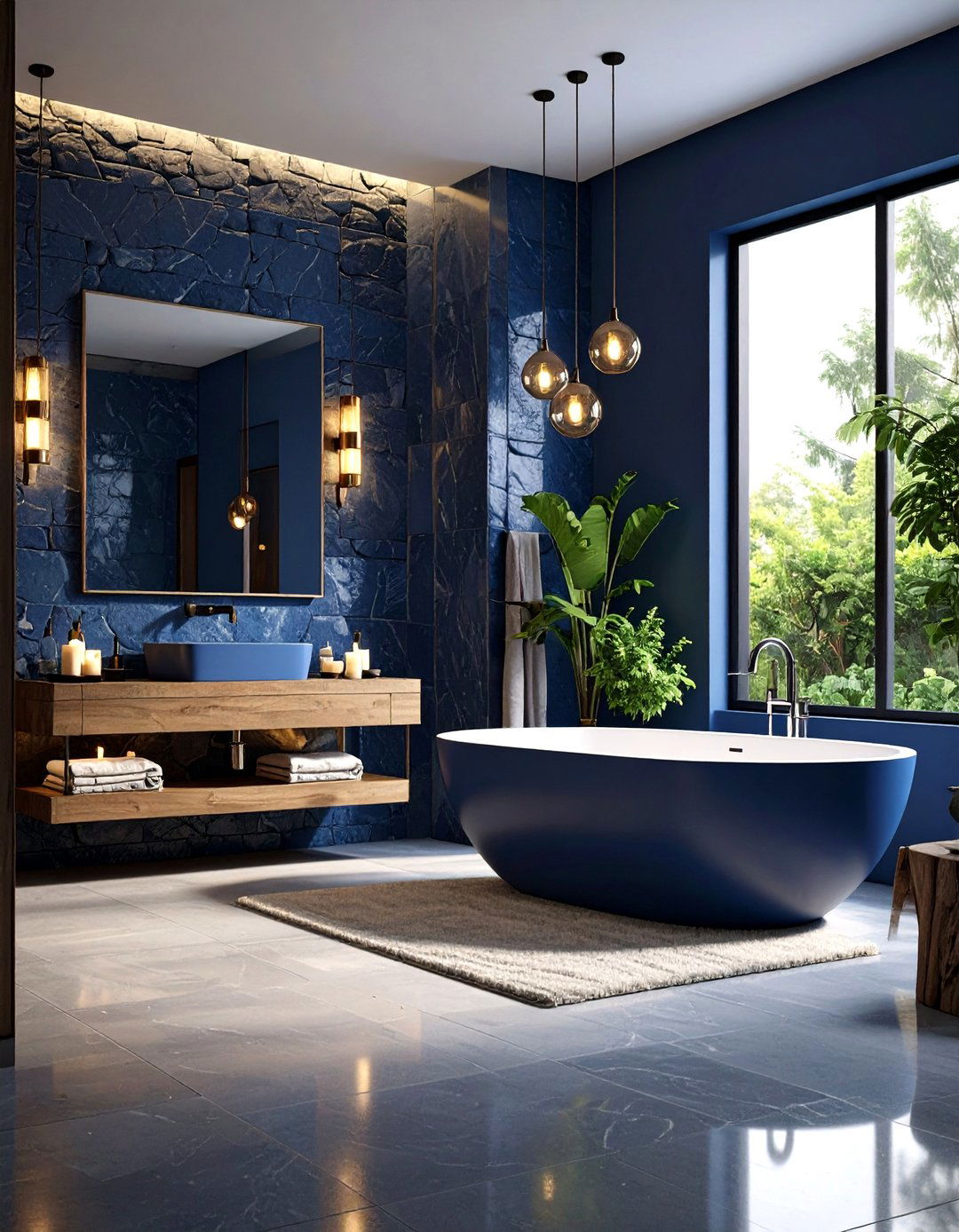
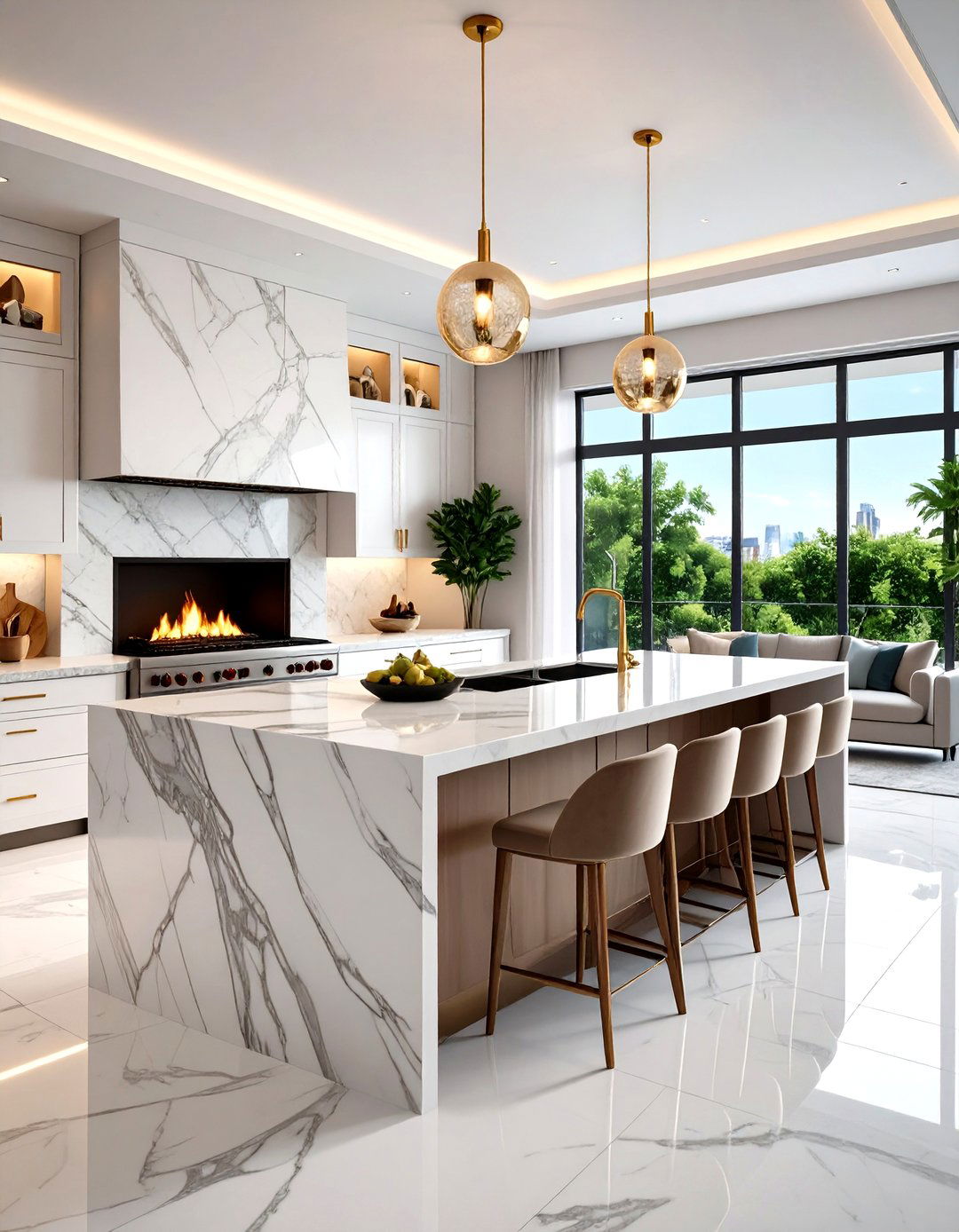
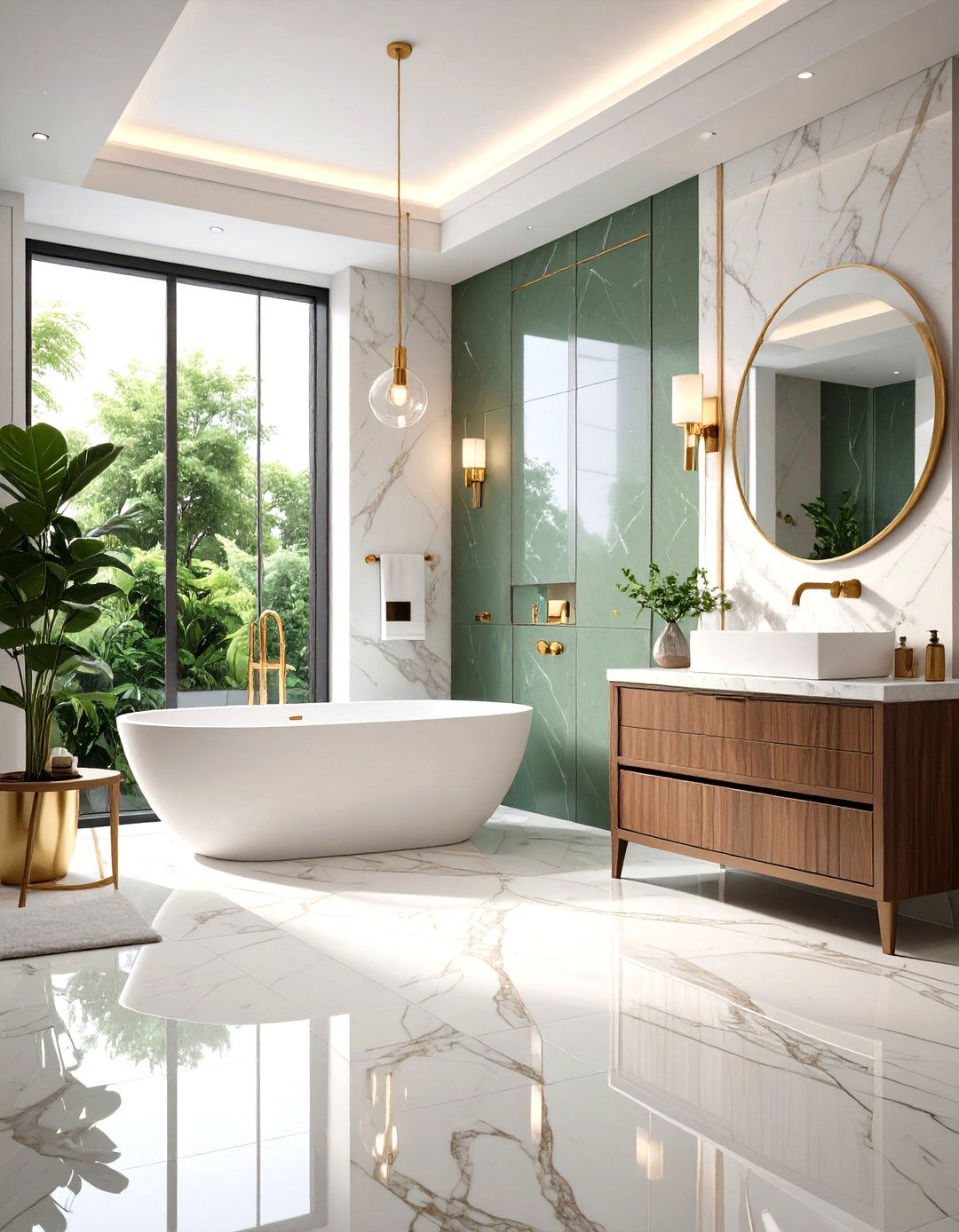
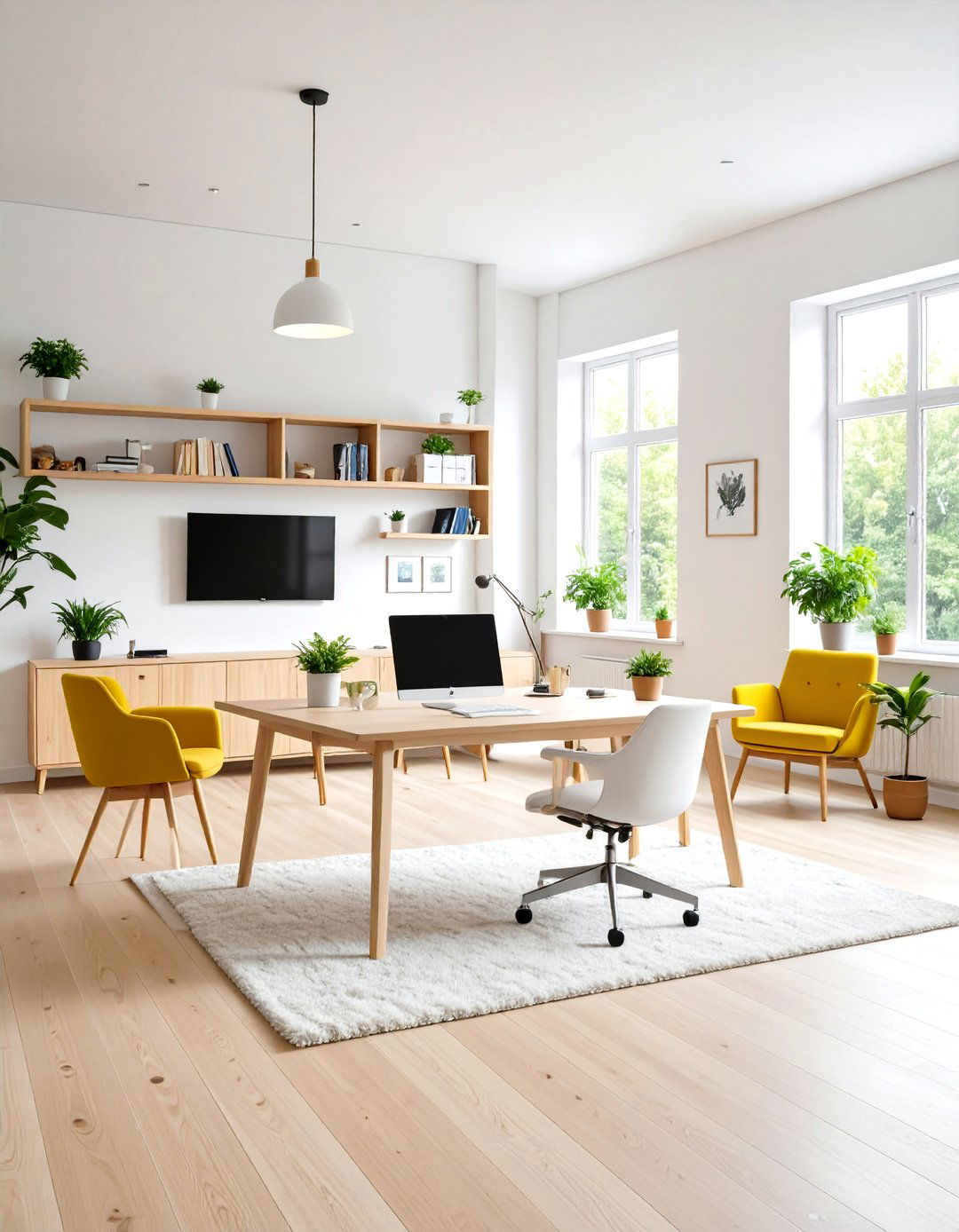

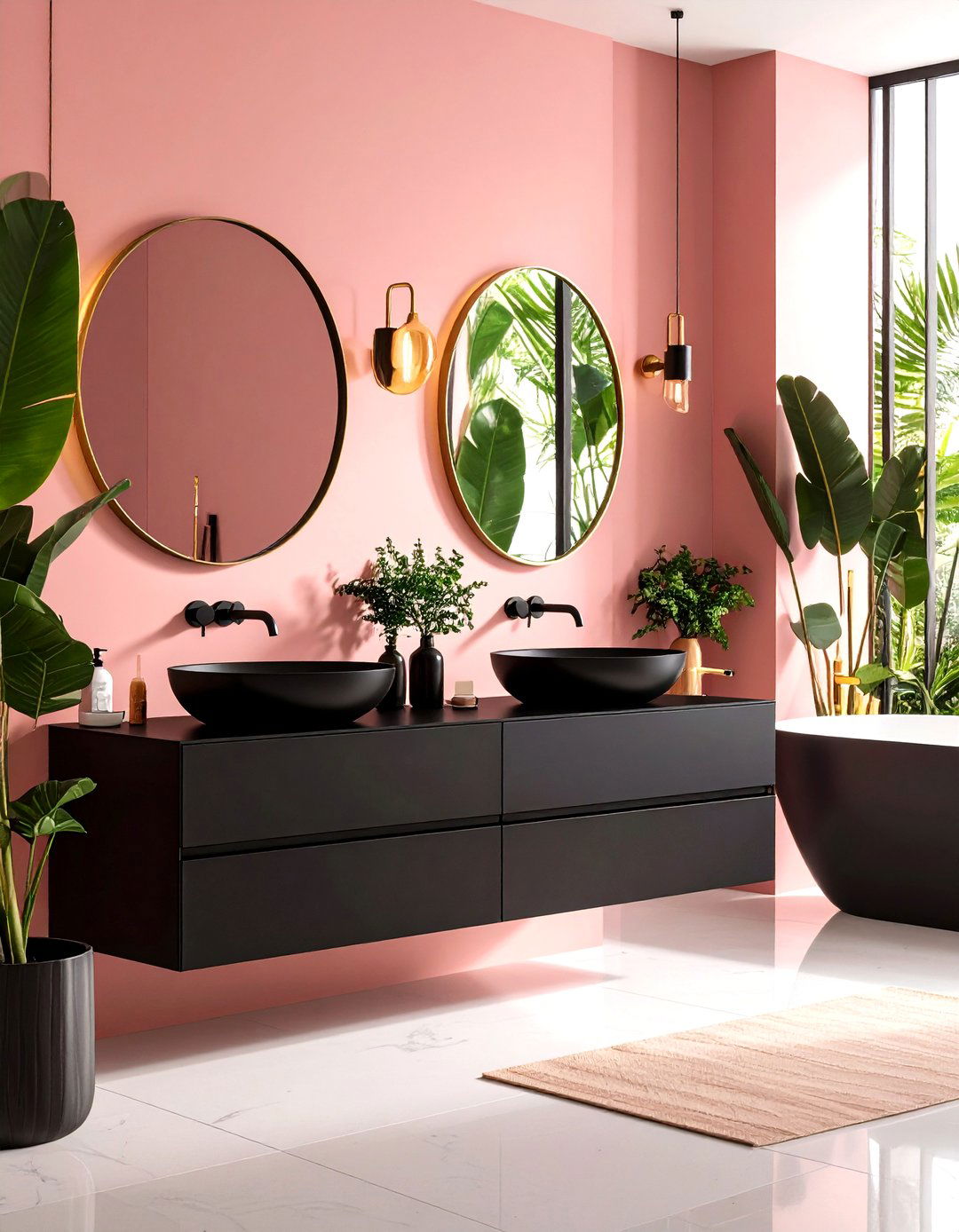
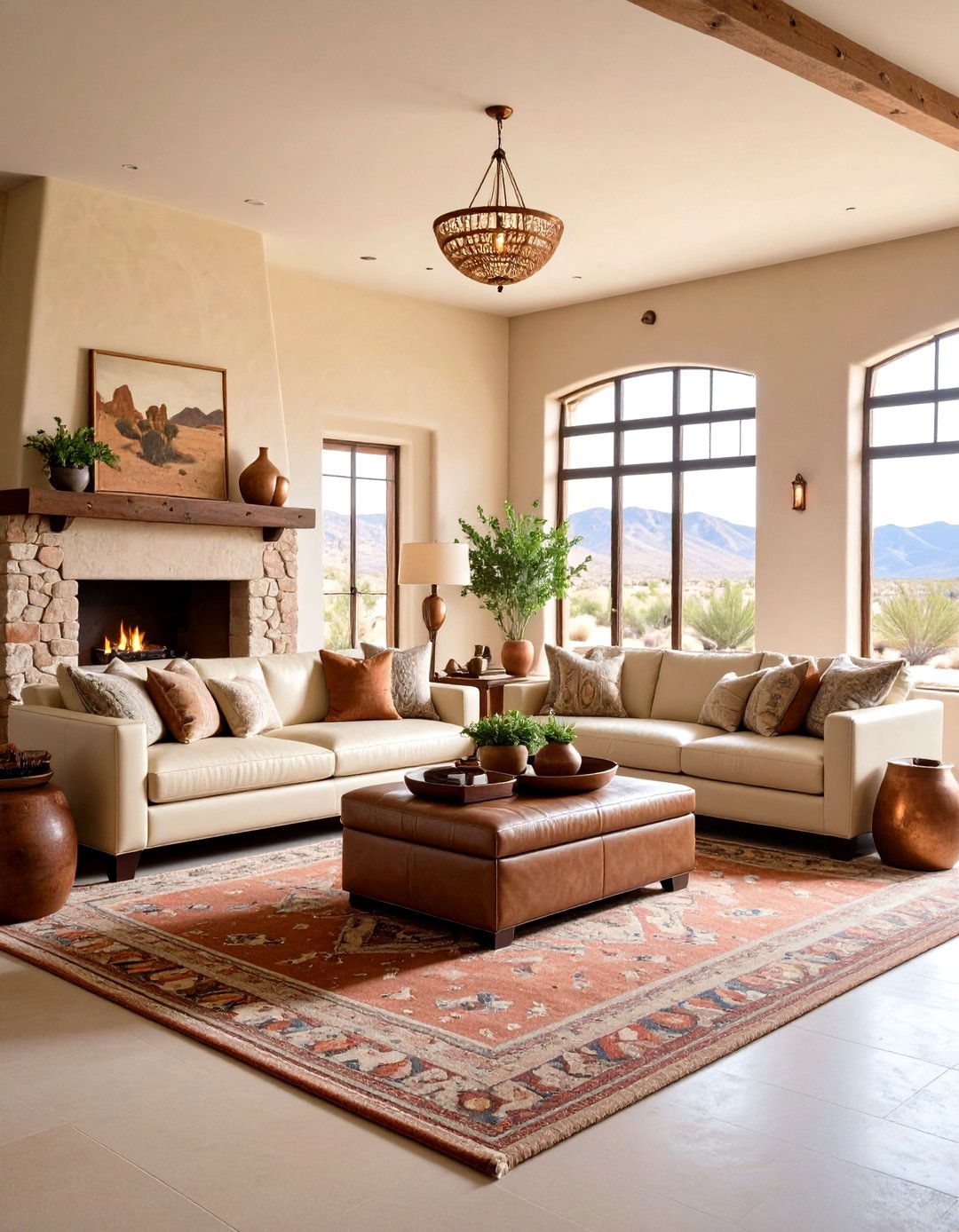
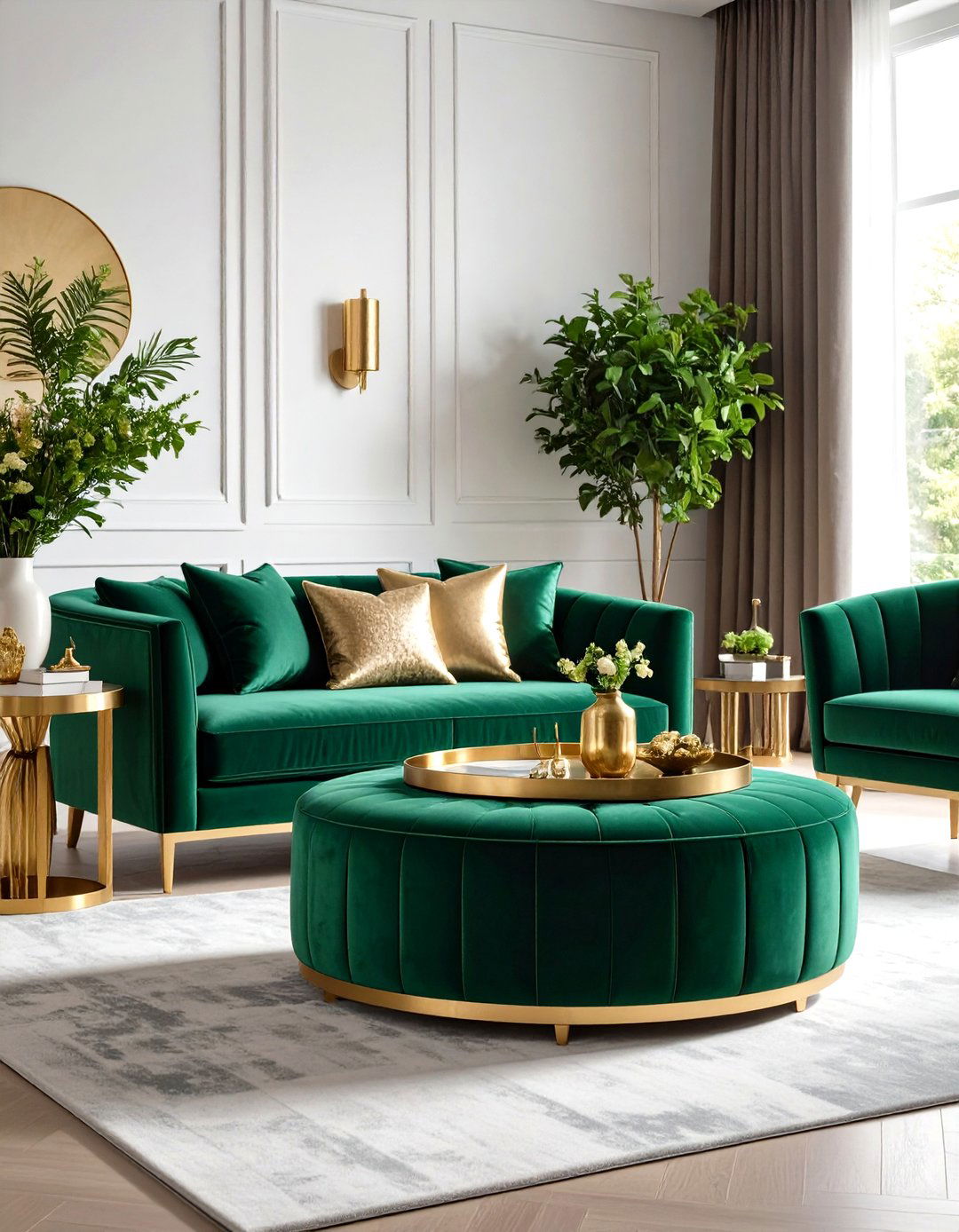
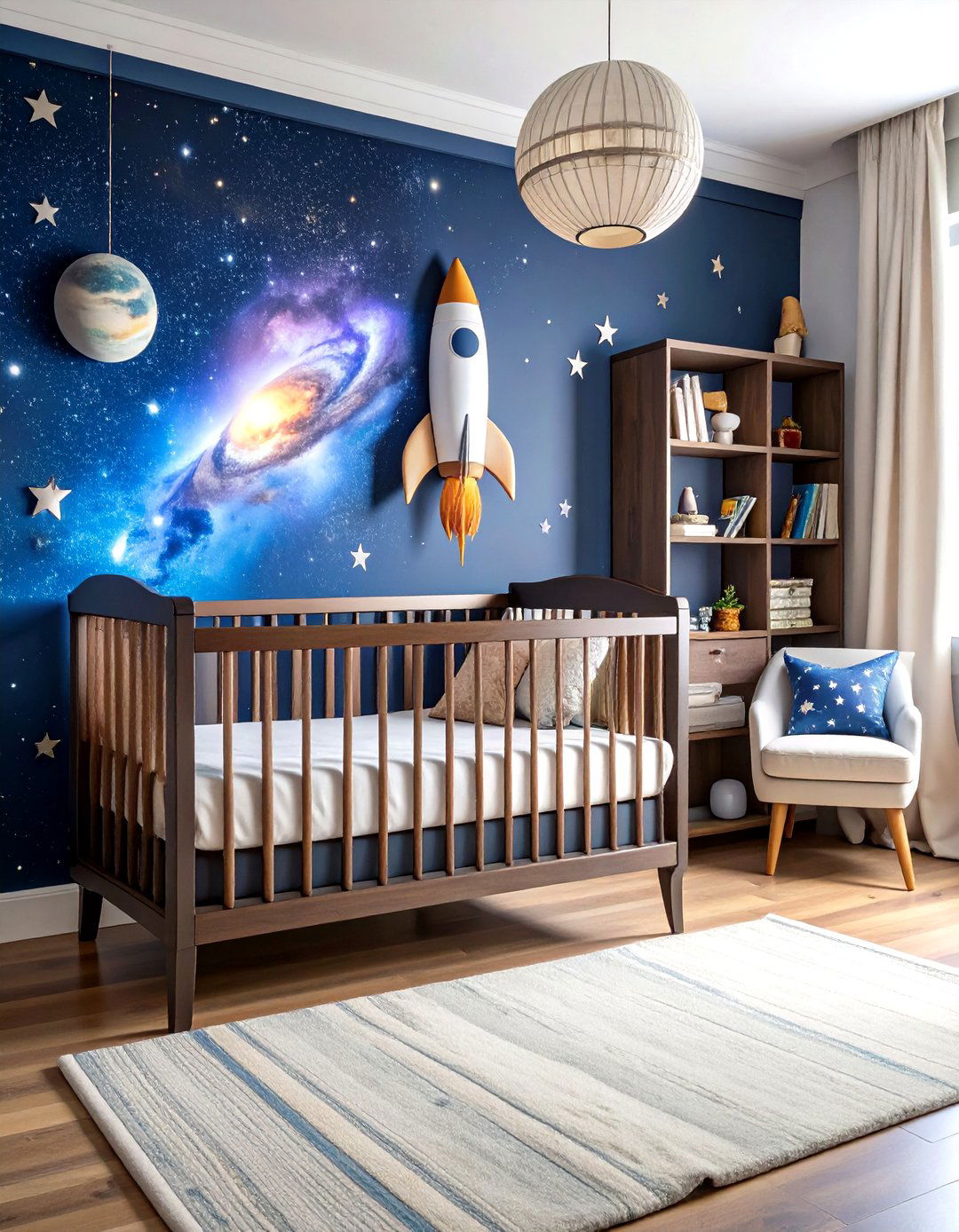
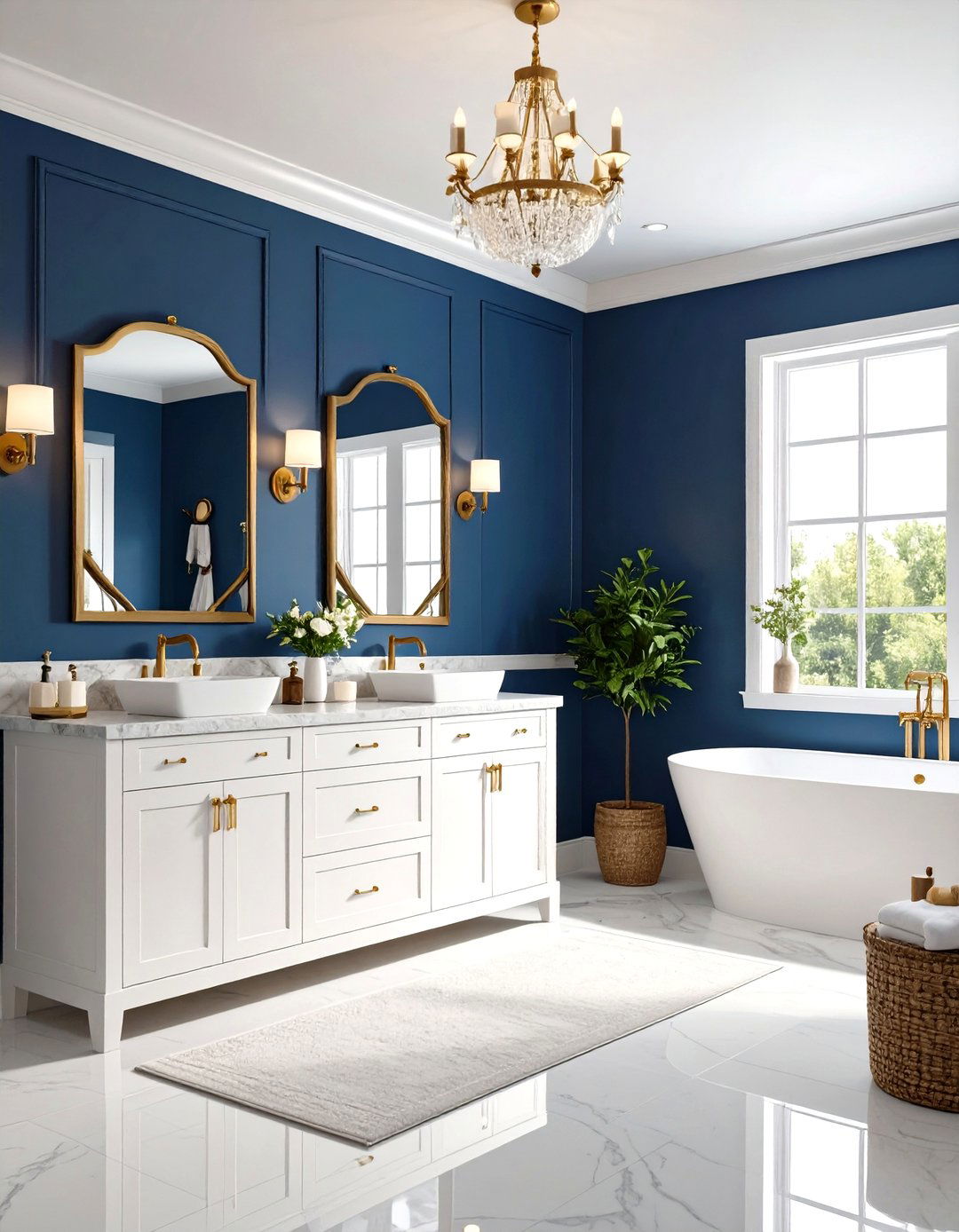
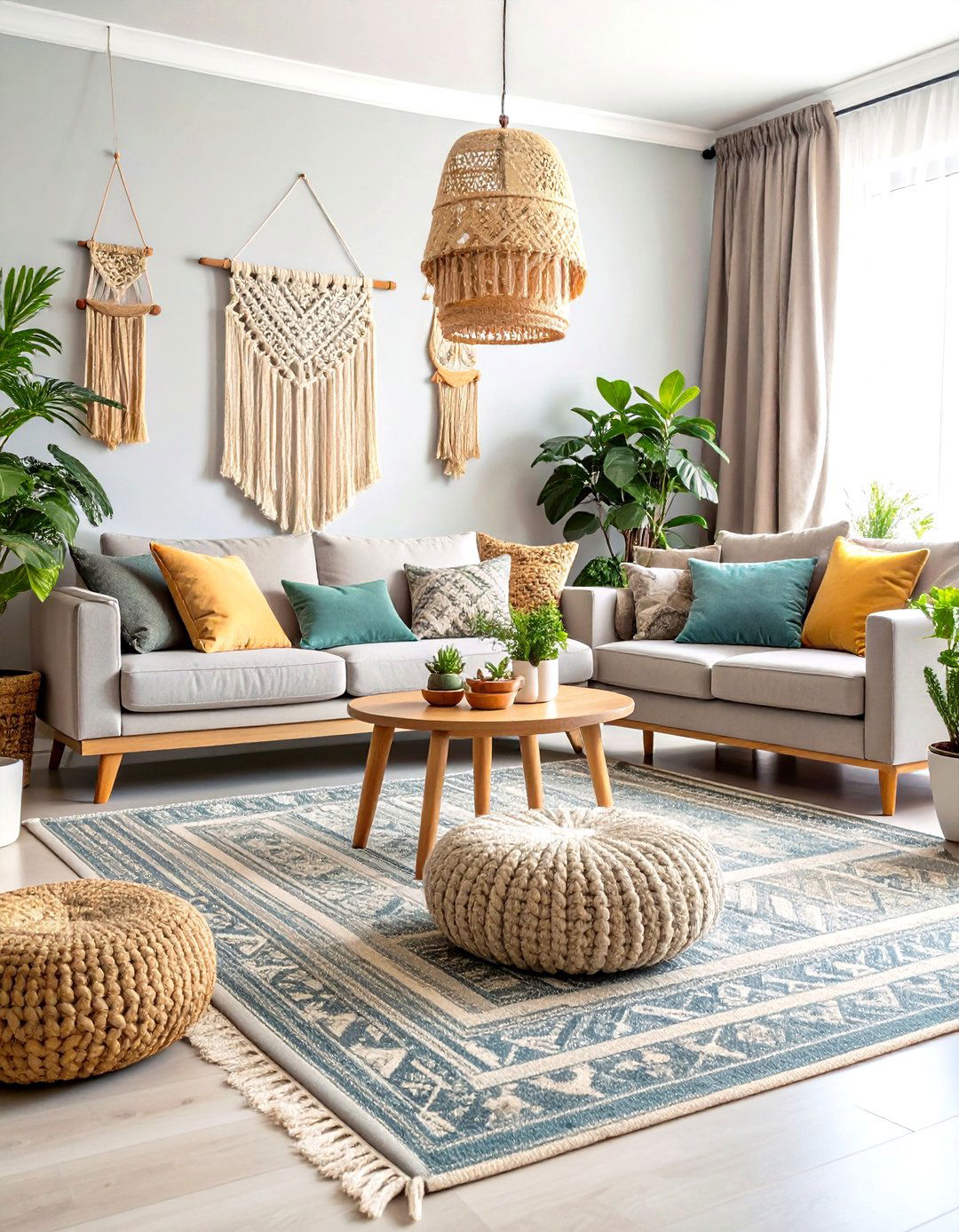
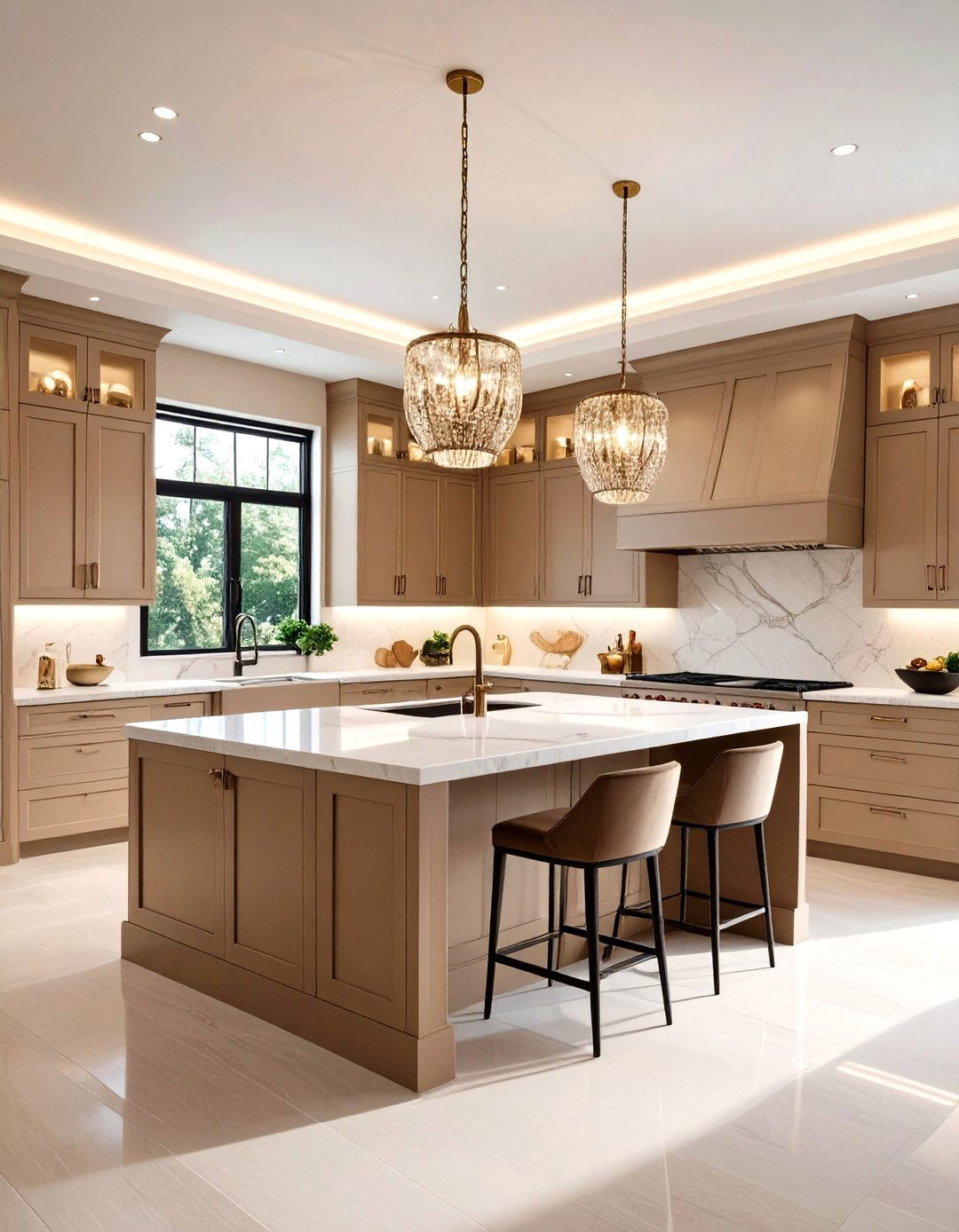
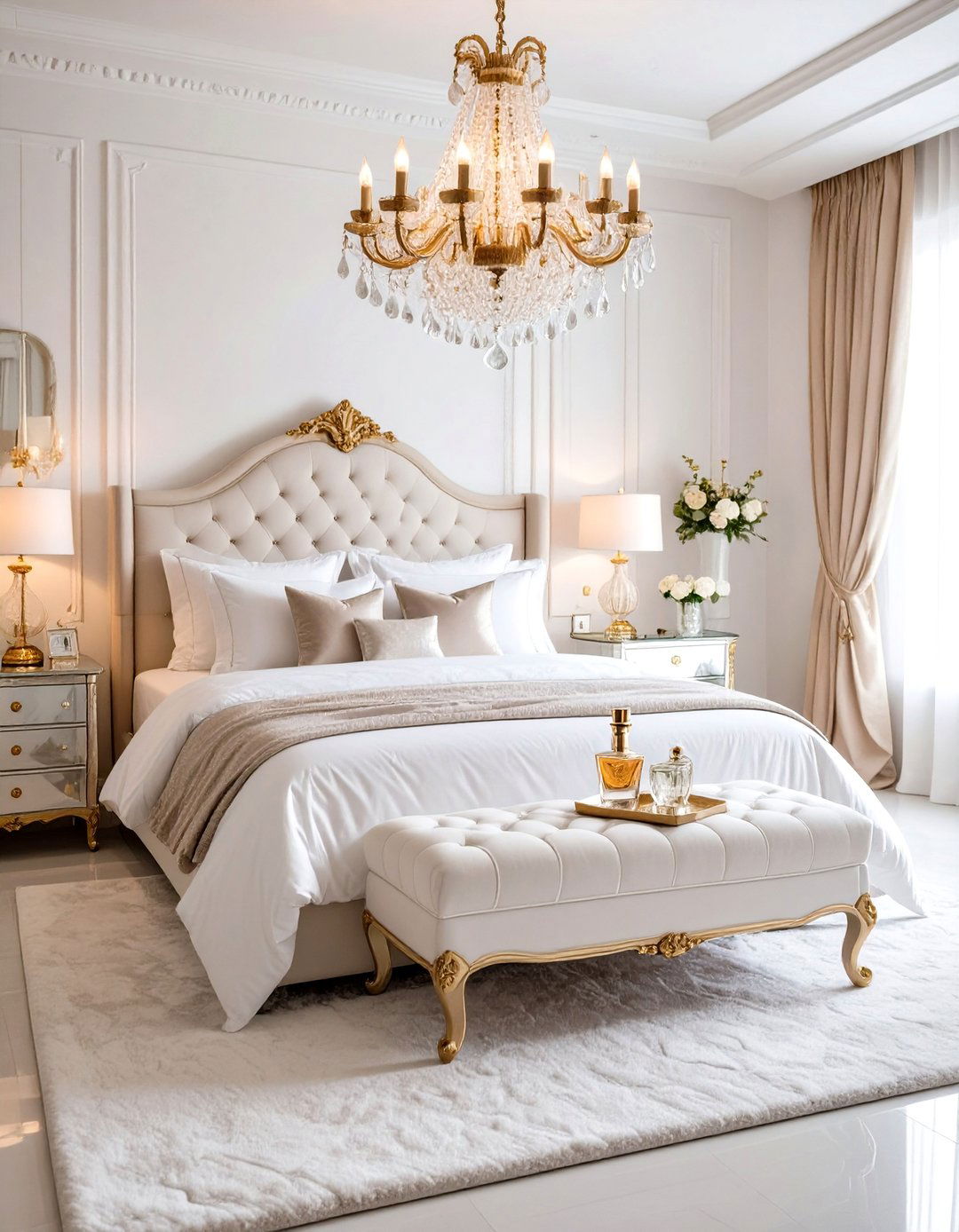
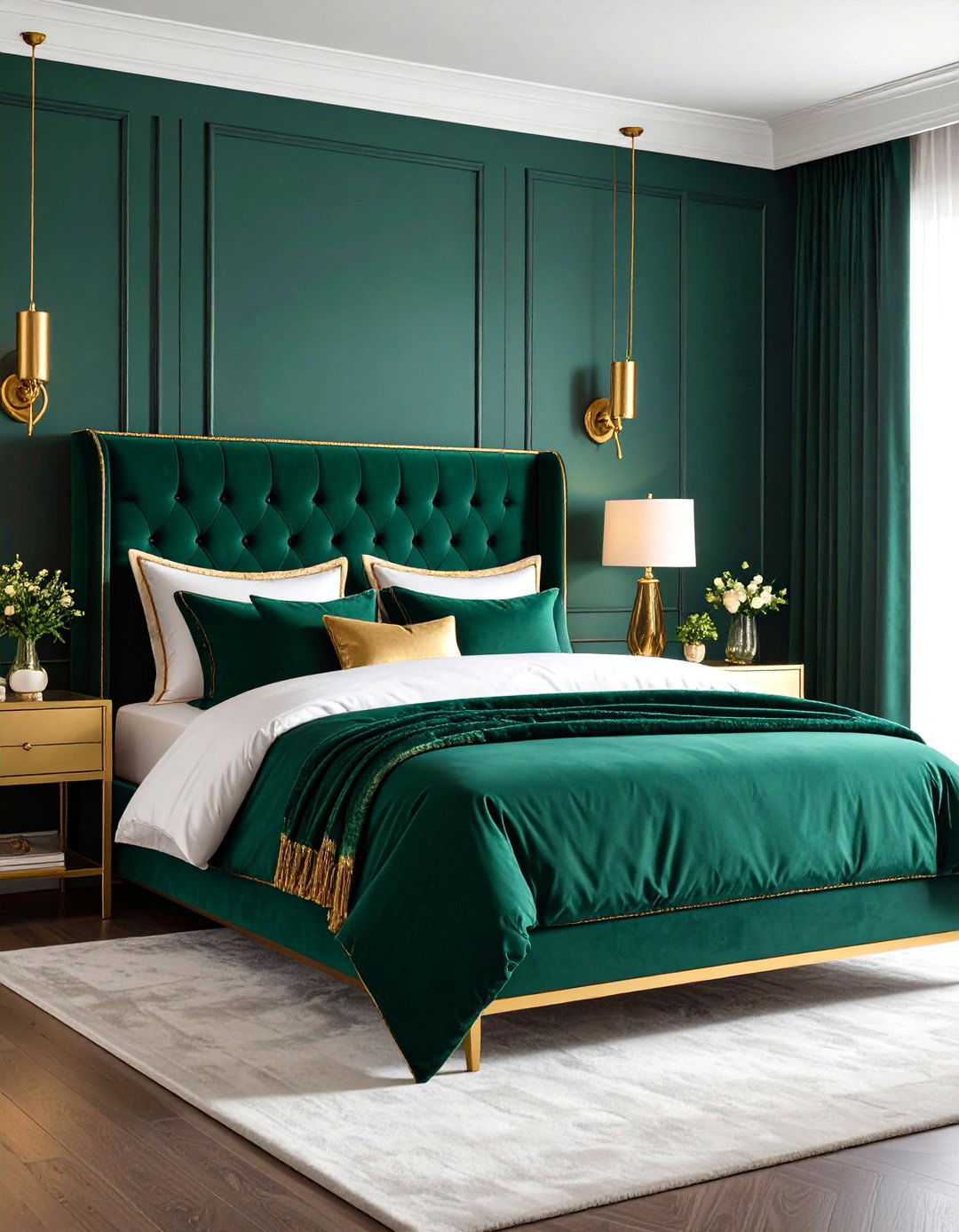

Leave a Reply